The Subaru Forester is known for exceptional longevity, with many owners reporting 200,000+ miles when following the recommended maintenance schedule. Its AWD system and durable build contribute to long-term reliability.
From muddy trails to grocery runs, family road trips to solo mountain getaways, the Subaru Forester has earned a quiet but loyal following. It's not the flashiest SUV on the road—but that’s exactly the point. The Forester doesn't scream adventure—it lives it. With a reputation for reliability, real-world owner satisfaction, and adventure-ready features, this compact SUV is a standout in both value and endurance.
Whether you’re considering buying new or used, or simply wondering how to protect your investment, this article offers a deep dive into why the Forester is a smart long-term choice—and how a Vehicle Service Contract (VSC) can help you go the distance.
Built for Life: What Subaru Forester Owners Are Really Saying
Search any Subaru Forester owner forum, Reddit thread, or Facebook group, and you’ll find a common refrain: “I didn’t buy it to impress anyone. I bought it to last.”
“I’ve had my 2012 Forester for over 200,000 miles, and it’s still my daily driver. It's been through snowstorms, off-road hikes, and three cross-country moves. It’s like a mountain goat with cup holders.” – Marcus T., Oregon
“We call it our adventure buddy. My partner and I camp almost every other weekend, and the Forester fits all our gear, tackles rough access roads, and never complains. Still going strong at 170K miles.” – Jenna R., Colorado
These real-life testimonials reflect a broader truth: the Subaru Forester is built for real people with real lives. It's the choice of outdoor enthusiasts, frugal families, and practical commuters alike.
Beyond the Brochure: What Makes the Forester a True “Value King”?
While sticker prices can fluctuate, the true cost of ownership tells a deeper story. Here's where the Forester punches well above its weight.
- Strong Resale Value: According to Kelley Blue Book, the Forester consistently ranks among the top in car resale value, outperforming many competitors like the Hyundai Tucson or Ford Escape.
- Fuel Efficiency for Its Class: With up to 33 MPG highway on recent models, the Forester is one of the most fuel-efficient AWD SUVs on the market.
- Low Maintenance Costs: Annual Subaru Forester maintenance costs typically range between $600–$800—a moderate figure for a compact SUV with AWD and off-road capability.
- Long Lifespan: Wondering what is the average Subaru Forester lifespan? Many owners report 200,000+ miles with routine preventative maintenance and smart coverage options like VSCs.
For buyers focused on long-term utility and value, few compact SUVs can match the Forester's balance of features, cost, and reliability.
Adventure-Ready by Design: AWD, X-Mode & Outdoor Performance
Subaru Symmetrical All-Wheel Drive is not just a marketing term—it’s the backbone of the Forester’s all-terrain confidence.
- AWD for All Conditions: Unlike part-time AWD systems in competitors like the Honda CR-V or Mazda CX-5, Subaru’s system is always on. It distributes power evenly for traction on slippery roads, mud, and gravel.
- X-Mode: This feature optimizes the engine, transmission, AWD, and brakes for steep or slippery terrain. When paired with 8.7 inches of ground clearance, it transforms the Forester into a capable trail machine.
- Boxer Engine Stability: The BOXER engine’s low center of gravity enhances stability—especially when navigating twisty roads or sudden weather changes.
“I’ve taken my Forester into places I didn’t think a compact SUV could go—steep logging trails, icy backroads. X-Mode just grips and goes.” – Sam L., Vermont

The Unsung Hero of Practicality: Cargo, Comfort & Connectivity
Cargo capacity? Check. Smart storage? Check. Comfort for road trips? Absolutely.
- Cargo Volume: Up to 74.2 cubic feet with rear seats folded—enough for camping gear, strollers, or mountain bikes.
- Cabin Design: Wide-opening rear doors and generous rear legroom make the Forester family-friendly and pet-approved.
- Infotainment: Subaru’s intuitive interface includes Apple CarPlay and Android Auto standard on most trims, making connectivity seamless.
- Thoughtful Details: Dual-zone climate control, reclining rear seats, and an available panoramic moonroof add layers of comfort.
Whether you’re hauling gear or just getting the kids to soccer, the Forester makes it feel effortless.
Protecting Your Investment: Why a Vehicle Service Contract for Your Forester Is Smart
Even reliable vehicles like the Forester encounter wear and tear—especially after the factory warranty expires.
A Vehicle Service Contract (VSC) offers comprehensive coverage for:
- EyeSight Safety System: Cameras and sensors are expensive to repair, and VSCs can cover these after your bumper-to-bumper warranty ends.
- AWD System & Transmission: The Lineartronic CVT and full-time AWD are major assets, but also complex components. Replacing them without coverage can cost thousands.
- Electrical Components: Infotainment systems, sensors, and control modules are increasingly prone to failure—and increasingly expensive.
With the right VSC from providers like Noble Quote, owners can enjoy peace of mind, preserve resale value, and avoid the financial sting of sudden repairs.
“Our Forester made it to 160K before needing CVT work. Our VSC covered nearly everything. I wouldn’t own another car without one.” – Natalie M., Minnesota

Comparing Generations: When to Buy Used and What to Look For
If you're considering a used Subaru Forester, here’s a breakdown of some of the most notable years:
- 2014–2018 (Fourth Generation):
- Pros: Great fuel economy, spacious cabin, strong reliability.
- Watch Out For: Some reports of oil consumption issues on early models.
- 2019–2023 (Fifth Generation):
- Pros: Modern styling, EyeSight standard, improved driver assistance systems.
- Excellent value for buyers wanting Subaru EyeSight safety features and modern infotainment.
- 2022+ Forester Wilderness:
- Unique trim with upgraded off-road capability, increased towing capacity, and rugged styling.
Looking for the best year used Subaru Forester for reliability? Most experts recommend 2016, 2019, or 2021 as standouts. Regardless of year, a VSC for high-mileage Subaru purchases offers a smart hedge against major mechanical surprises.
The Ethical Adventuremobile: Subaru Values Meet Everyday Utility
One of the reasons the Forester stands out among SUVs is Subaru’s alignment with ethical ownership and sustainability. With PZEV (Partial Zero Emission Vehicle) ratings on many models and ongoing support for outdoor lifestyle nonprofits, the brand cultivates loyalty not just through engineering, but through values.
Owners aren’t just buying a car—they’re buying into a community that respects nature, durability, and doing more with less.
In Conclusion
The Subaru Forester isn’t just another crossover—it’s a proven, loyal companion for the long haul. It offers serious adventure capability, unbeatable practicality, and legendary reliability. When paired with a vehicle service contract, you don’t just get a great SUV—you gain confidence, protection, and the freedom to roam further.
If you're ready to protect your Subaru Forester for the journey ahead, visit the Noble Quote Learning Center to explore VSC options and discover how we help drivers like you go the distance—confidently and affordably.
Subaru Forester Ownership: Your Top Questions Answered by Real Drivers & Experts
How reliable is the Subaru Forester for long-term ownership?
What are the most common problems with the Subaru Forester?
Common issues vary by model year but may include oil consumption (especially in 2011–2014 models), CVT-related concerns, and occasional EyeSight sensor malfunctions. A VSC can help cover costly repairs post-warranty.
Is a Subaru Forester good for off-road or snowy conditions?
Yes. Thanks to Symmetrical All-Wheel Drive, X-Mode, and generous ground clearance, the Forester handles snow, mud, and moderate off-road trails with ease—making it a top pick for adventure seekers.
Do Subaru Foresters hold their value well?
Absolutely. The Forester consistently ranks among the best compact SUVs for resale value, outperforming rivals like the Honda CR-V and Hyundai Tucson in depreciation studies.
What is Subaru EyeSight and how does it work?
Subaru EyeSight is a driver assistance system that includes features like adaptive cruise control, lane keep assist, and pre-collision braking. It uses stereo cameras to monitor the road and help prevent accidents.
What is the average maintenance cost for a Subaru Forester?
Annual maintenance typically ranges from $600 to $800, depending on model year, mileage, and driving habits. Major components like the CVT or AWD system can cost more to repair without a VSC.
Is a vehicle service contract worth it for a Subaru Forester?
Yes, especially if you plan to keep the vehicle long-term or buy a high-mileage or used model. A VSC can cover major repairs not included under the factory warranty, including electronics, drivetrain, and safety systems.
Which used Subaru Forester years are the most reliable?
Most experts and owners recommend the 2016, 2019, and 2021 models for a balance of modern features and proven reliability. Always check for a clean maintenance history before buying used.
What makes the Subaru Forester a good vehicle for families or road trips?
The Forester offers roomy cargo space, comfortable seating, advanced safety features, and impressive fuel efficiency—making it a favorite for family travel and long-haul comfort.
How can I protect my Subaru Forester from unexpected repair costs?
Pairing your Forester with a reputable Vehicle Service Contract provides extended protection beyond the factory warranty. It helps cover expensive repairs and gives you peace of mind as your vehicle ages.
Suggestions for you
Read MoreLet’s work together
Every week we showcase three charitable organizations that our donations are sent to. Our clients are able to choose which of these three will receive their gift when they add coverage to their vehicle...

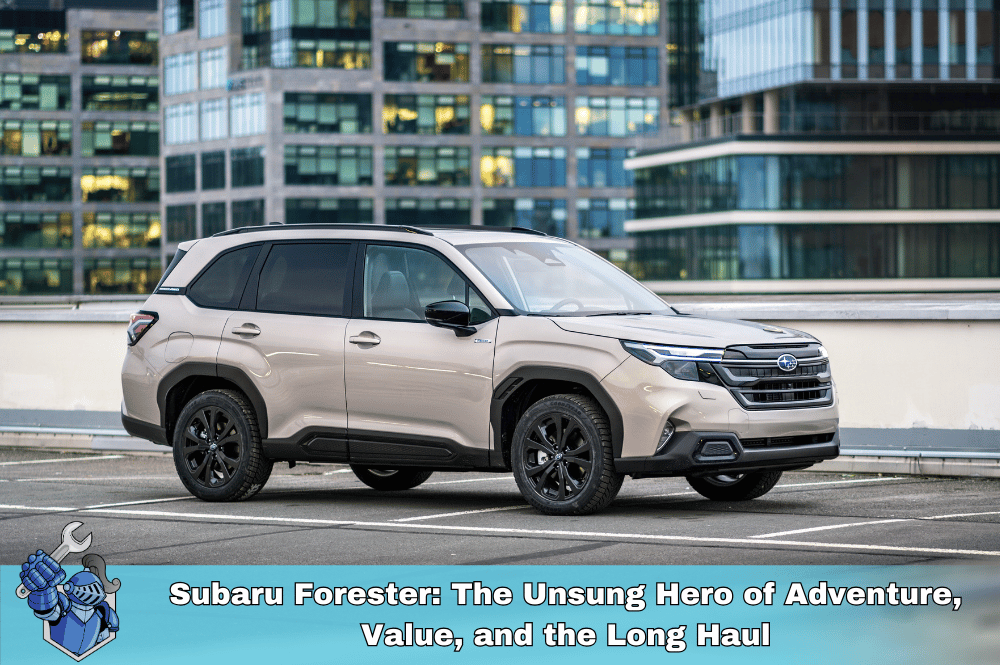
 Beyond the Screen: Immersive Autotainment & the Future of the Mobile Living Room
Beyond the Screen: Immersive Autotainment & the Future of the Mobile Living Room The Silent Thief: How Micro-Vibrations and Hidden Wear Shorten Your Car's Life (And How to Stop It)
The Silent Thief: How Micro-Vibrations and Hidden Wear Shorten Your Car's Life (And How to Stop It) The Self-Healing Car & the Rise of the "Automotive AI Whisperer"
The Self-Healing Car & the Rise of the "Automotive AI Whisperer" The Proactive Home: How Smart Tech & Predictive Analytics are Redefining Home Warranties
The Proactive Home: How Smart Tech & Predictive Analytics are Redefining Home Warranties The AI Concierge Car Purchase: Navigating Your Next Vehicle with Personalized Digital Power
The AI Concierge Car Purchase: Navigating Your Next Vehicle with Personalized Digital Power Beyond the Hood: Decoding Your Car's Invisible Language (and Why It Matters to Your Wallet)
Beyond the Hood: Decoding Your Car's Invisible Language (and Why It Matters to Your Wallet)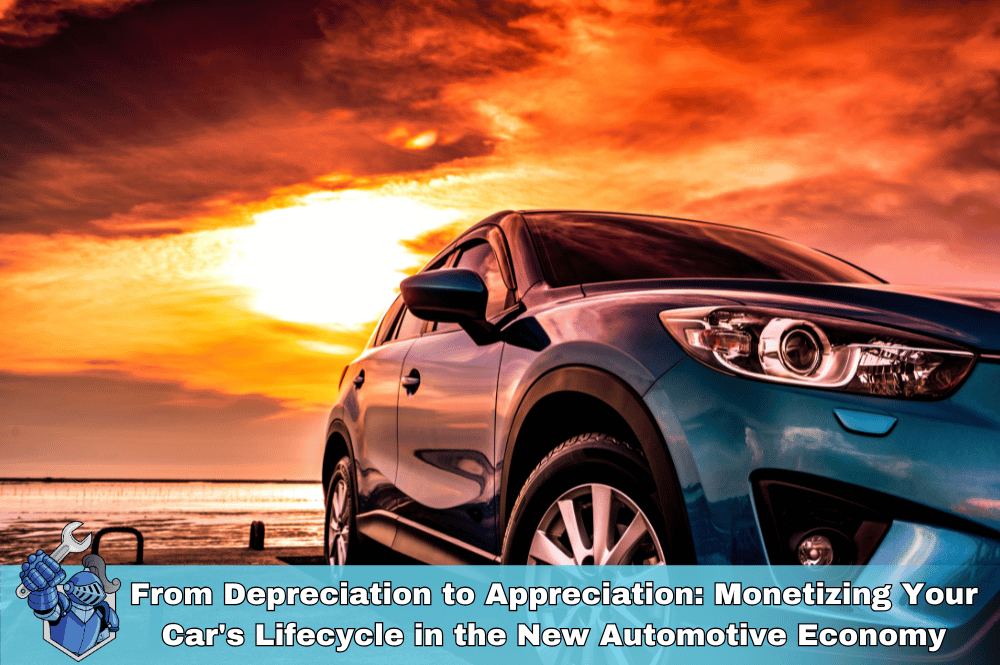 From Depreciation to Appreciation: Monetizing Your Car's Lifecycle in the New Automotive Economy
From Depreciation to Appreciation: Monetizing Your Car's Lifecycle in the New Automotive Economy The Metaverse of Mayhem: How Virtual Driving & AI Simulations Are Rewriting Auto Insurance
The Metaverse of Mayhem: How Virtual Driving & AI Simulations Are Rewriting Auto Insurance Don’t Get Scammed: Why Reading Your VSC Contract is Your #1 Defense
Don’t Get Scammed: Why Reading Your VSC Contract is Your #1 Defense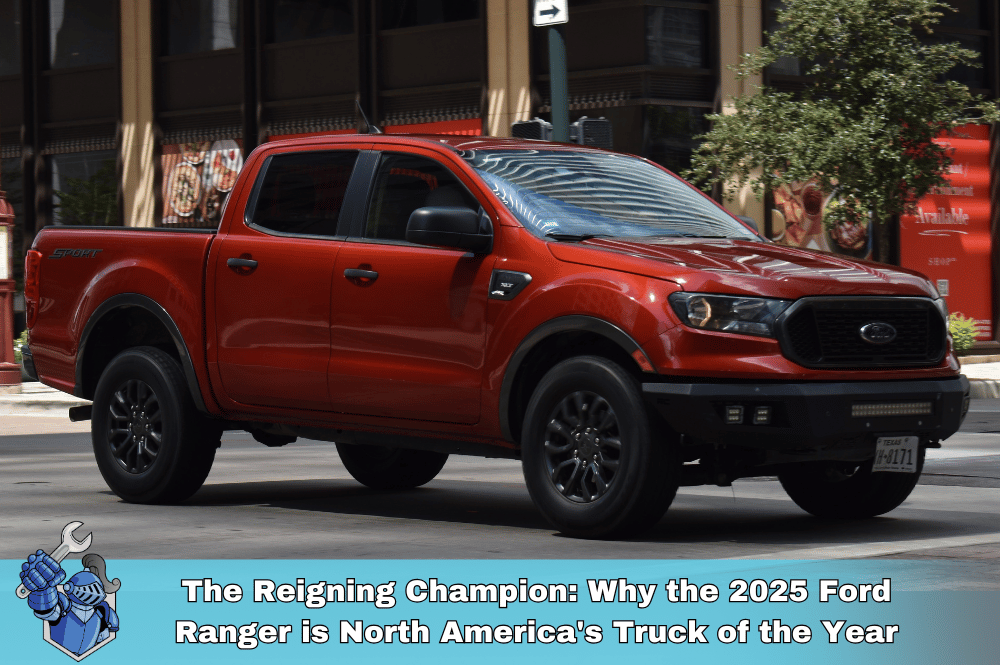 The Reigning Champion: Why the 2025 Ford Ranger is North America's Truck of the Year
The Reigning Champion: Why the 2025 Ford Ranger is North America's Truck of the Year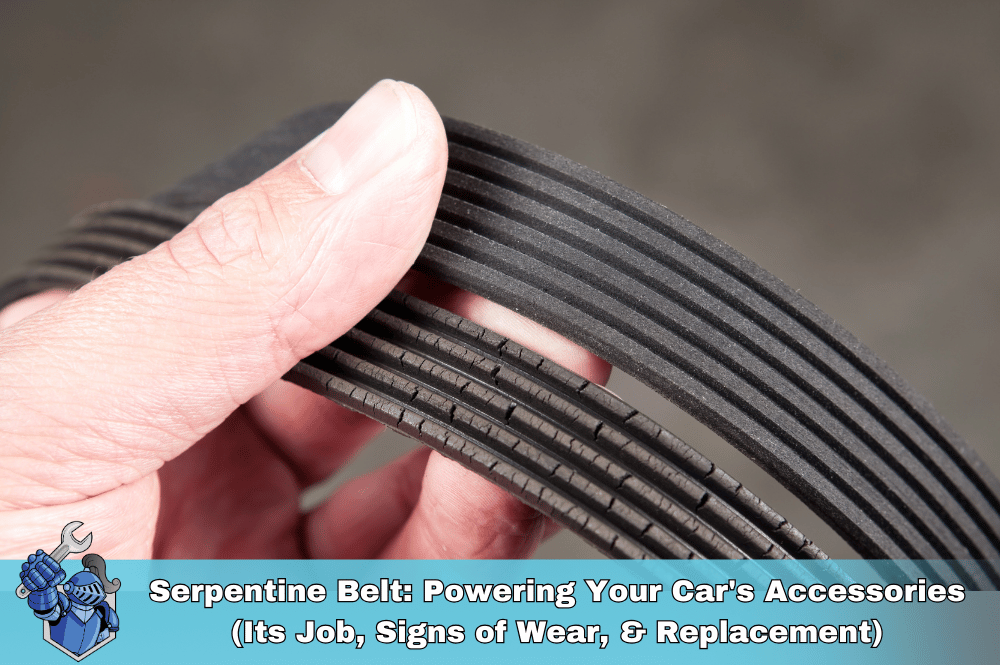 Serpentine Belt: Powering Your Car's Accessories (Its Job, Signs of Wear, & Replacement)
Serpentine Belt: Powering Your Car's Accessories (Its Job, Signs of Wear, & Replacement)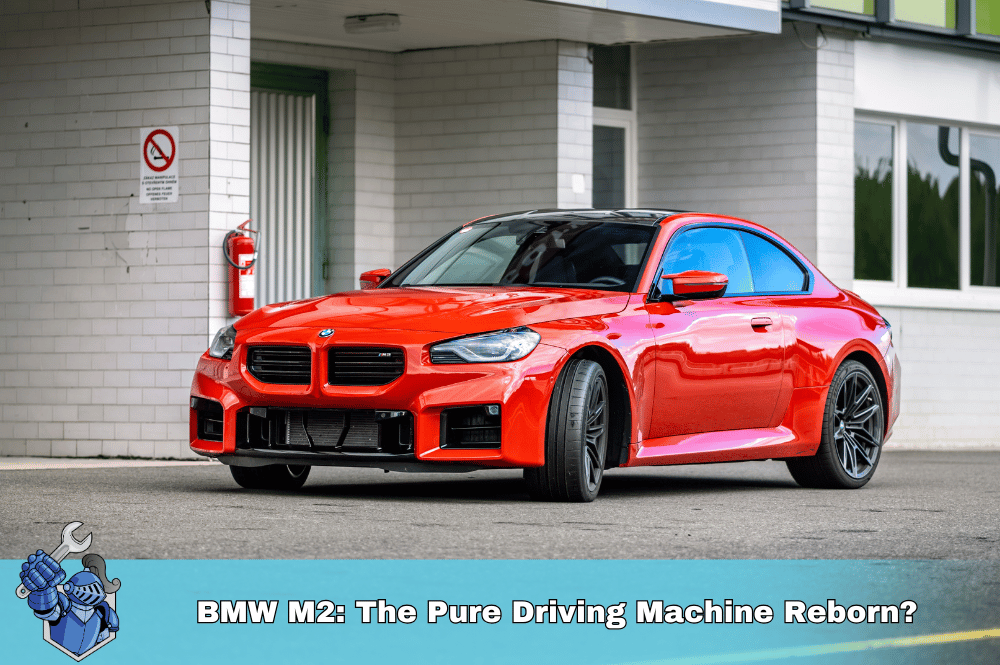 BMW M2: The Pure Driving Machine Reborn?
BMW M2: The Pure Driving Machine Reborn?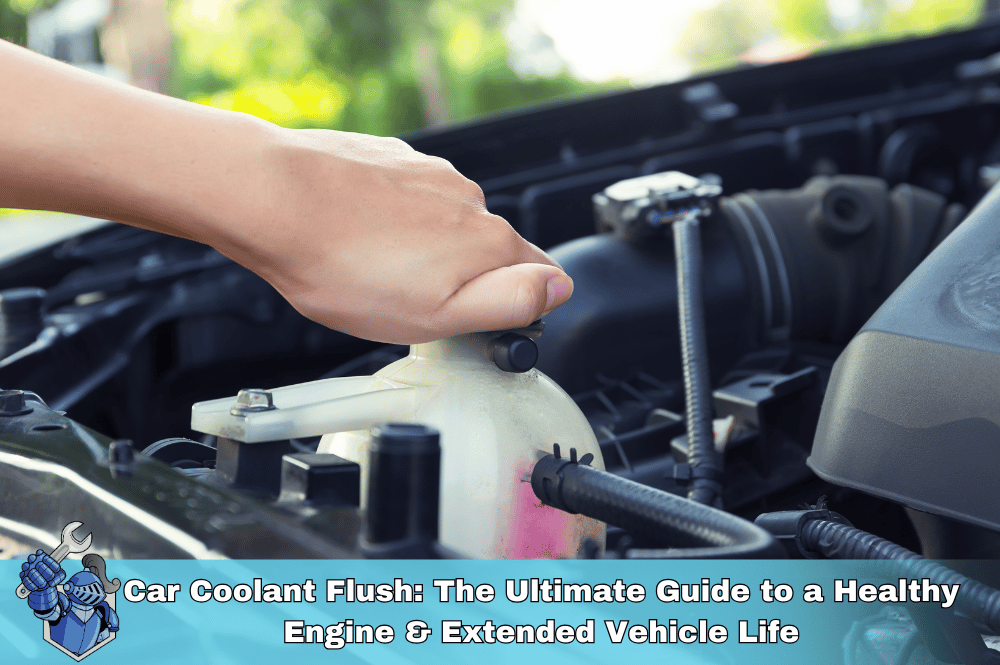 Car Coolant Flush: The Ultimate Guide to a Healthy Engine & Extended Vehicle Life
Car Coolant Flush: The Ultimate Guide to a Healthy Engine & Extended Vehicle Life The Ultimate Protection Plan: How Life Insurance Drives Your Family’s Future
The Ultimate Protection Plan: How Life Insurance Drives Your Family’s Future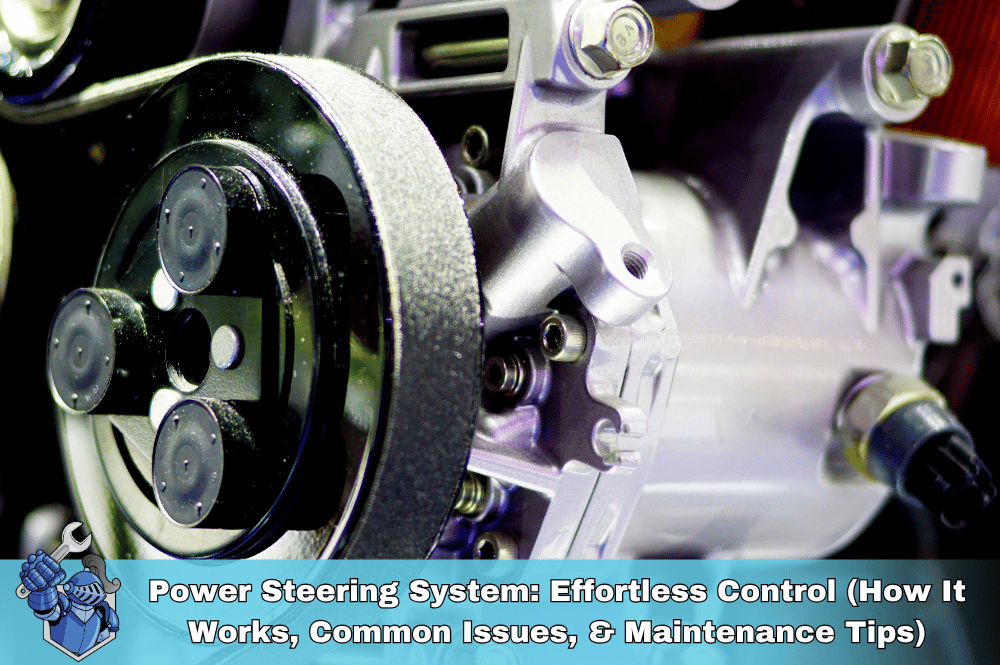 Power Steering System: Effortless Control (How It Works, Common Issues, & Maintenance Tips)
Power Steering System: Effortless Control (How It Works, Common Issues, & Maintenance Tips) End-of-Month Car Deals: Myth or Money-Saver?
End-of-Month Car Deals: Myth or Money-Saver? NobleQuote.com Presents: American National Auto Insurance – Your Complete Guide
NobleQuote.com Presents: American National Auto Insurance – Your Complete Guide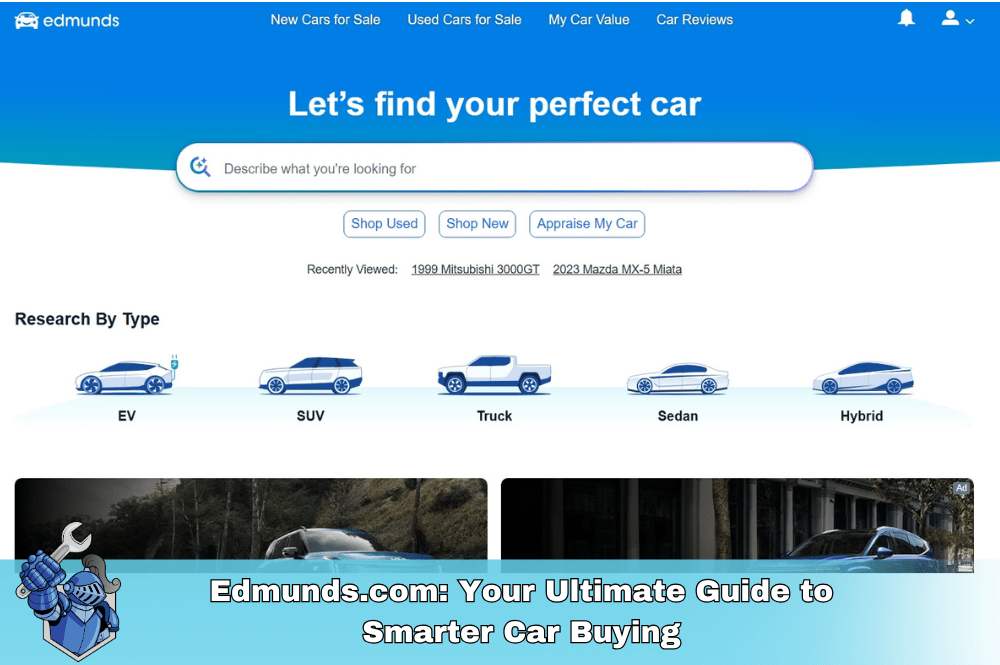 Edmunds.com: Your Ultimate Guide to Smarter Car Buying
Edmunds.com: Your Ultimate Guide to Smarter Car Buying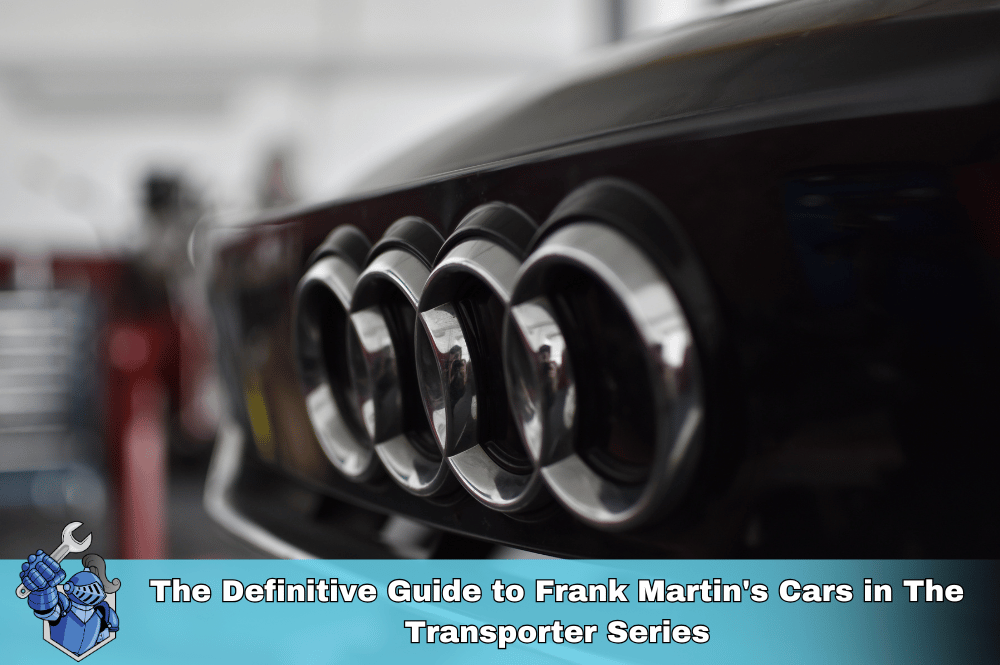 The Definitive Guide to Frank Martin's Cars in The Transporter Series
The Definitive Guide to Frank Martin's Cars in The Transporter Series Pre-Existing Conditions and Home Warranties: What You Need to Know Before You Buy
Pre-Existing Conditions and Home Warranties: What You Need to Know Before You Buy Why Your Car Insurance is Skyrocketing in 2025 (and How NobleQuote Can Help)
Why Your Car Insurance is Skyrocketing in 2025 (and How NobleQuote Can Help) The 2025 Toyota Supra: The Grand Finale of a Legend?
The 2025 Toyota Supra: The Grand Finale of a Legend?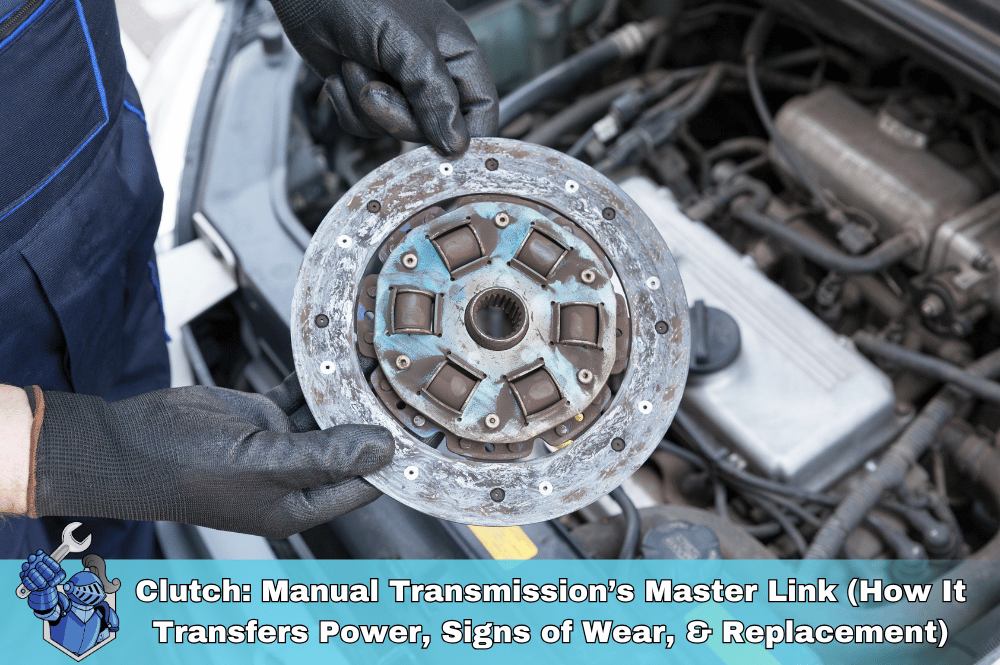 Clutch: Manual Transmission’s Master Link (How It Transfers Power, Signs of Wear, & Replacement)
Clutch: Manual Transmission’s Master Link (How It Transfers Power, Signs of Wear, & Replacement) Teen Driver Car Insurance Costs & Strategies: How to Get Affordable Coverage for Young Drivers
Teen Driver Car Insurance Costs & Strategies: How to Get Affordable Coverage for Young Drivers Is Your Car Insurance Enough? Unexpected Repairs and the Peace of Mind of a NobleQuote Vehicle Service Contract
Is Your Car Insurance Enough? Unexpected Repairs and the Peace of Mind of a NobleQuote Vehicle Service Contract Esurance Auto Insurance Review 2025: Is It the Right Digital Fit for Your Ride?
Esurance Auto Insurance Review 2025: Is It the Right Digital Fit for Your Ride? Cabin Air Filter: Breathing Easy in Your Car (What It Does, Why It Matters, & When to Replace)
Cabin Air Filter: Breathing Easy in Your Car (What It Does, Why It Matters, & When to Replace) Don't Let a Blown Engine Derail Your Life: The Auto Pro's Guide to Disability Insurance
Don't Let a Blown Engine Derail Your Life: The Auto Pro's Guide to Disability Insurance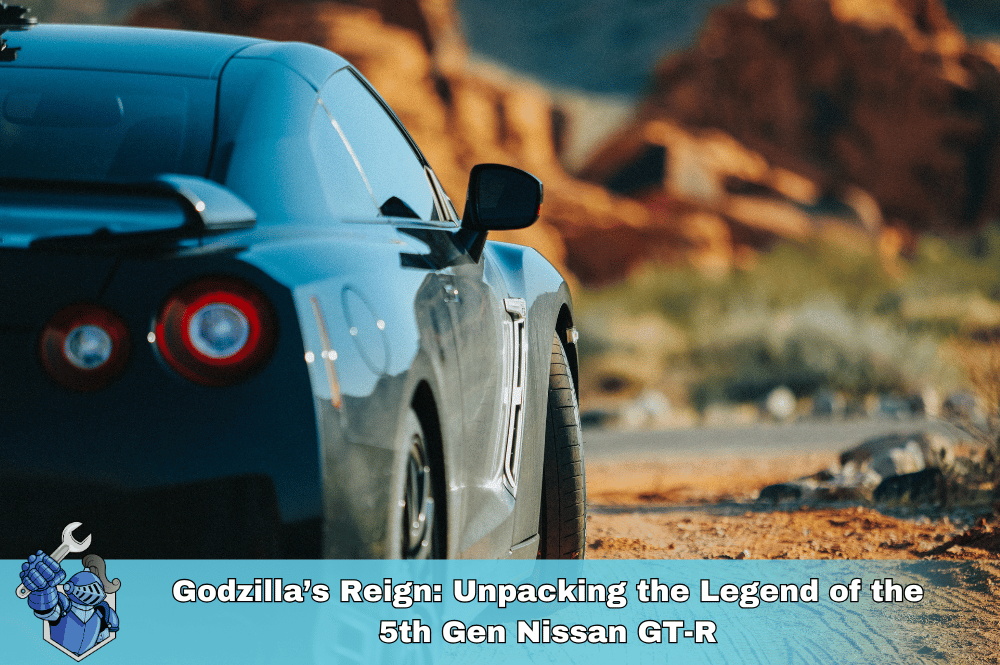 Godzilla’s Reign: Unpacking the Legend of the 5th Gen Nissan GT-R
Godzilla’s Reign: Unpacking the Legend of the 5th Gen Nissan GT-R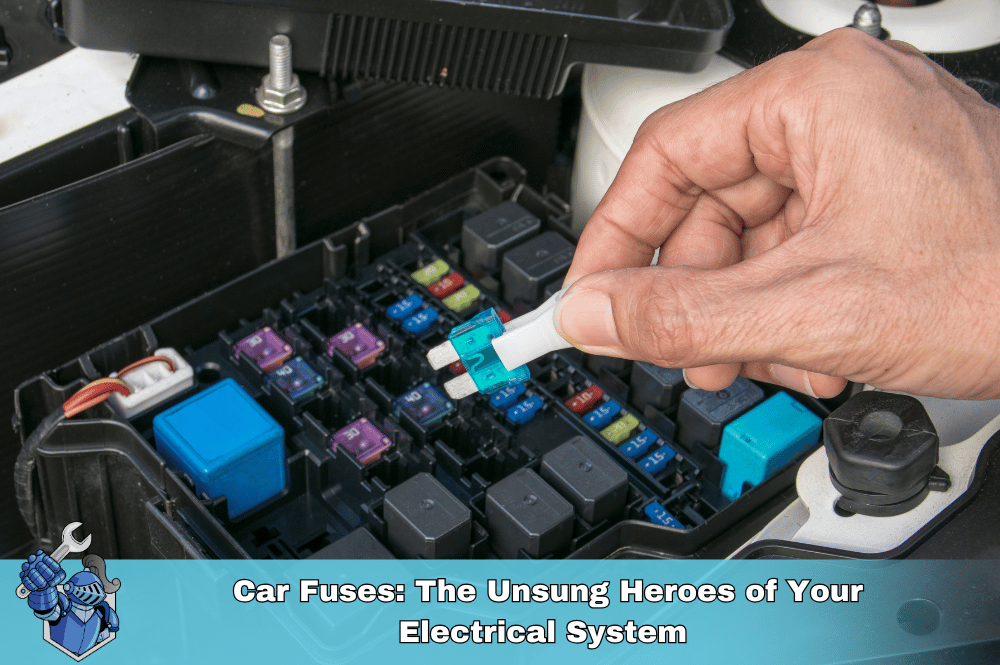 Car Fuses: The Unsung Heroes of Your Electrical System (What They Do, Common Failures, & How to Replace)
Car Fuses: The Unsung Heroes of Your Electrical System (What They Do, Common Failures, & How to Replace) Protect Your Ride & Your Family: Why Northwestern Mutual Life Insurance Matters for Car Owners
Protect Your Ride & Your Family: Why Northwestern Mutual Life Insurance Matters for Car Owners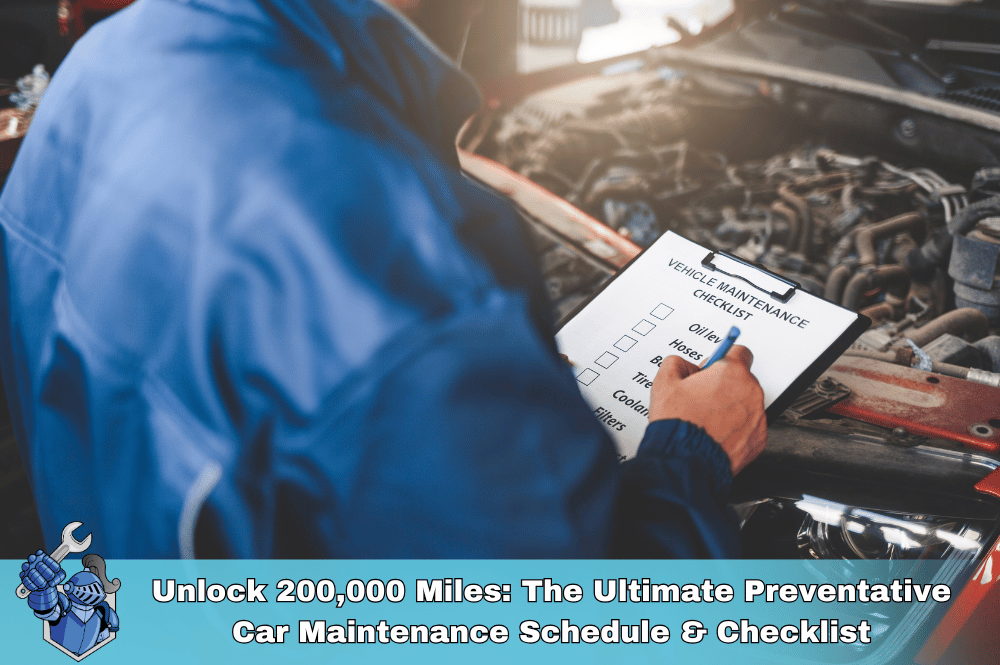 Unlock 200,000 Miles: The Ultimate Preventative Car Maintenance Schedule & Checklist
Unlock 200,000 Miles: The Ultimate Preventative Car Maintenance Schedule & Checklist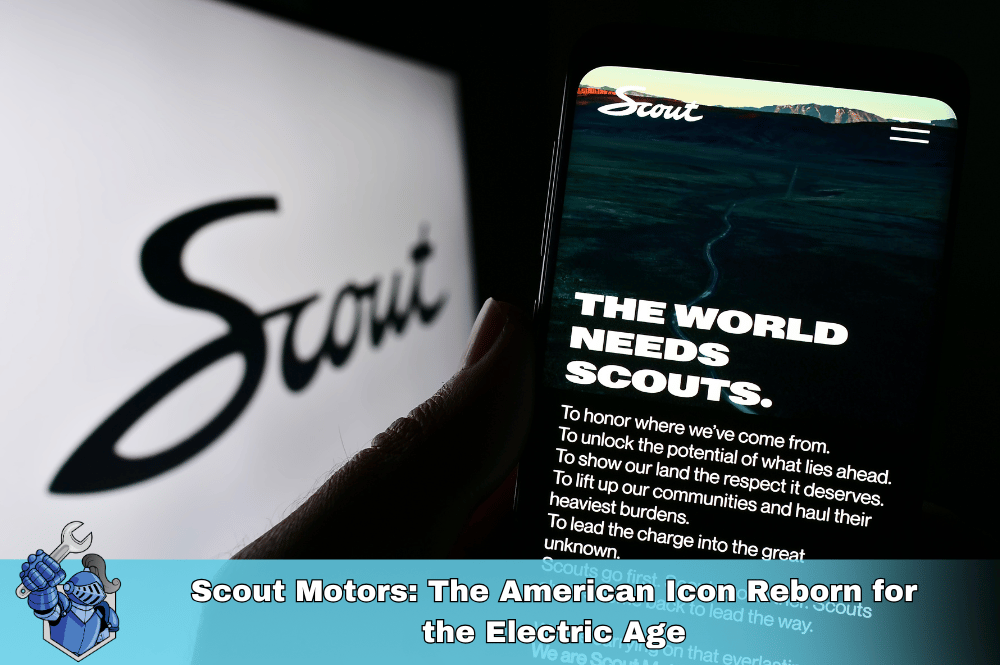 Scout Motors: The American Icon Reborn for the Electric Age
Scout Motors: The American Icon Reborn for the Electric Age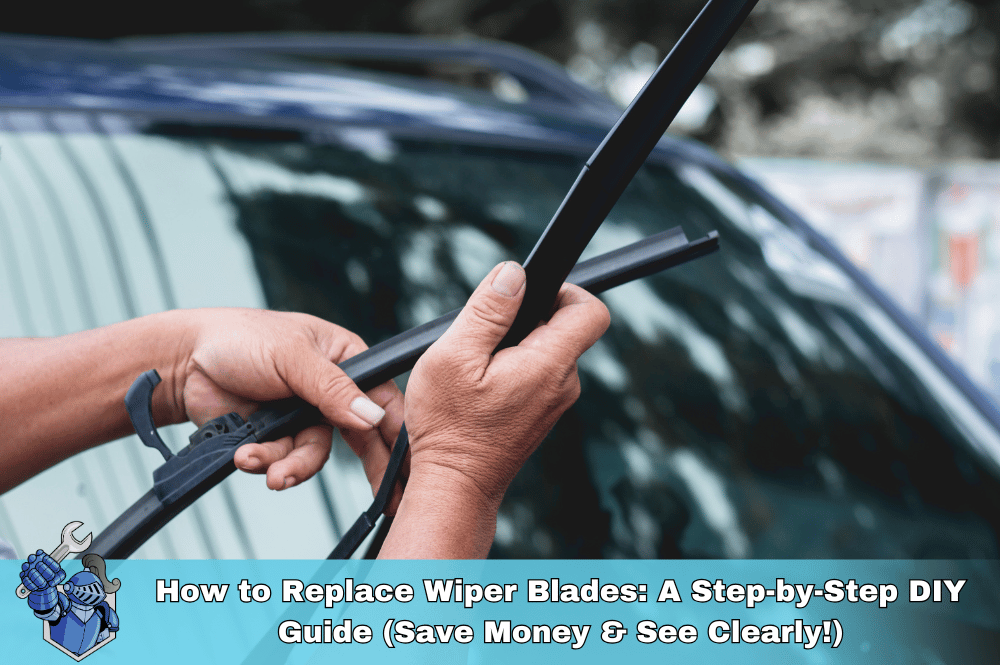 How to Replace Wiper Blades: A Step-by-Step DIY Guide (Save Money & See Clearly!)
How to Replace Wiper Blades: A Step-by-Step DIY Guide (Save Money & See Clearly!) The Ultimate Guide to Cheap Car Insurance: Find Your Lowest Rates in 2025
The Ultimate Guide to Cheap Car Insurance: Find Your Lowest Rates in 2025 The 2025 Automotive Retirement Number: What Auto Pros Need to Save for a Comfortable Ride
The 2025 Automotive Retirement Number: What Auto Pros Need to Save for a Comfortable Ride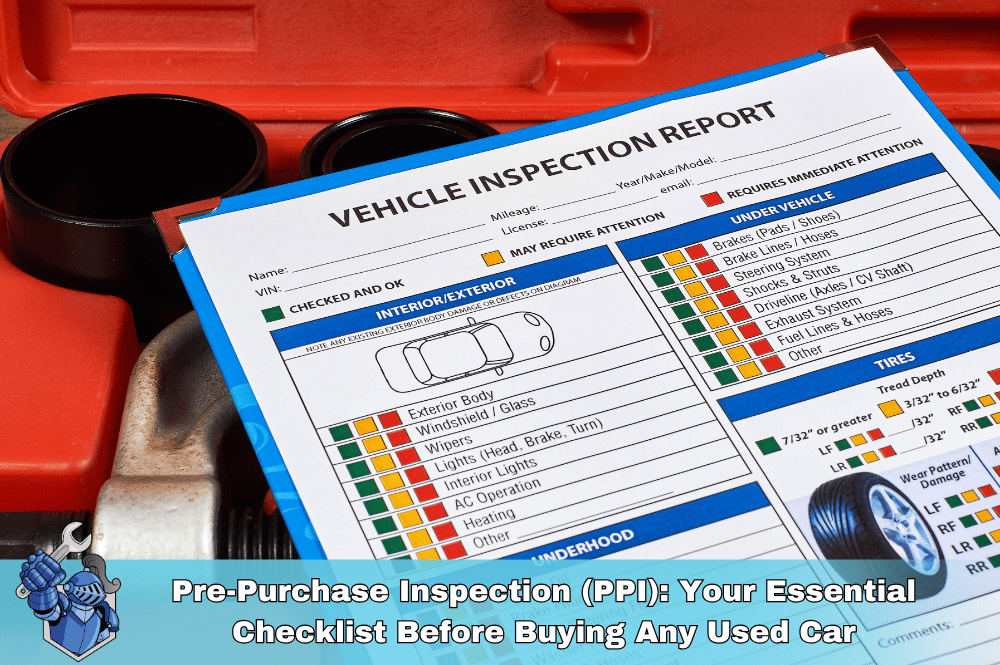 Pre-Purchase Inspection (PPI): Your Essential Checklist Before Buying Any Used Car
Pre-Purchase Inspection (PPI): Your Essential Checklist Before Buying Any Used Car Unearthing Automotive Gold: The Underrated Used Cars You Need to Buy Now
Unearthing Automotive Gold: The Underrated Used Cars You Need to Buy Now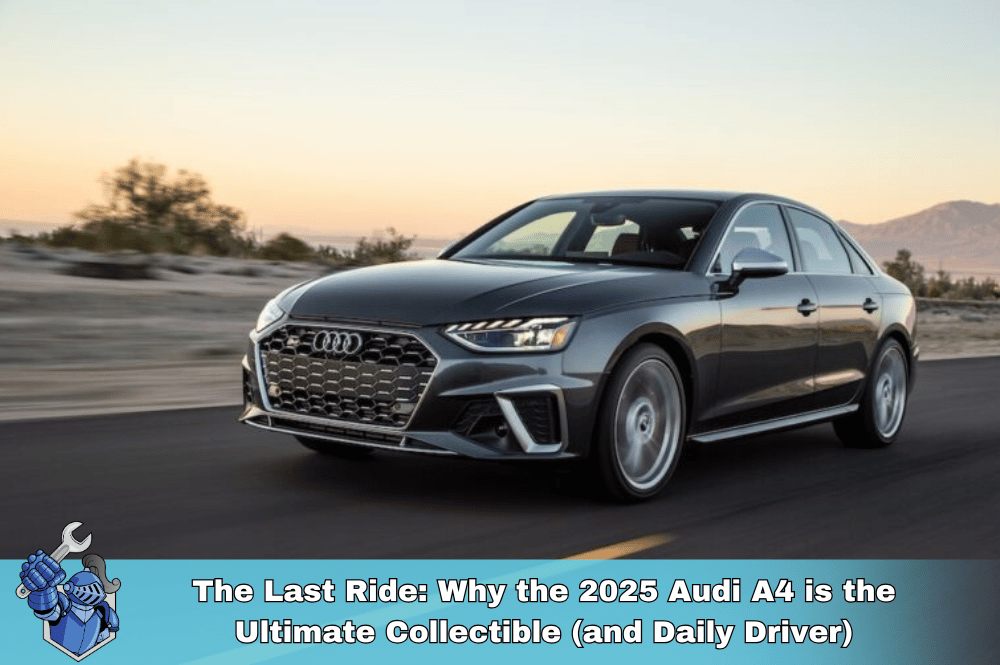 The Last Ride: Why the 2025 Audi A4 is the Ultimate Collectible (and Daily Driver)
The Last Ride: Why the 2025 Audi A4 is the Ultimate Collectible (and Daily Driver)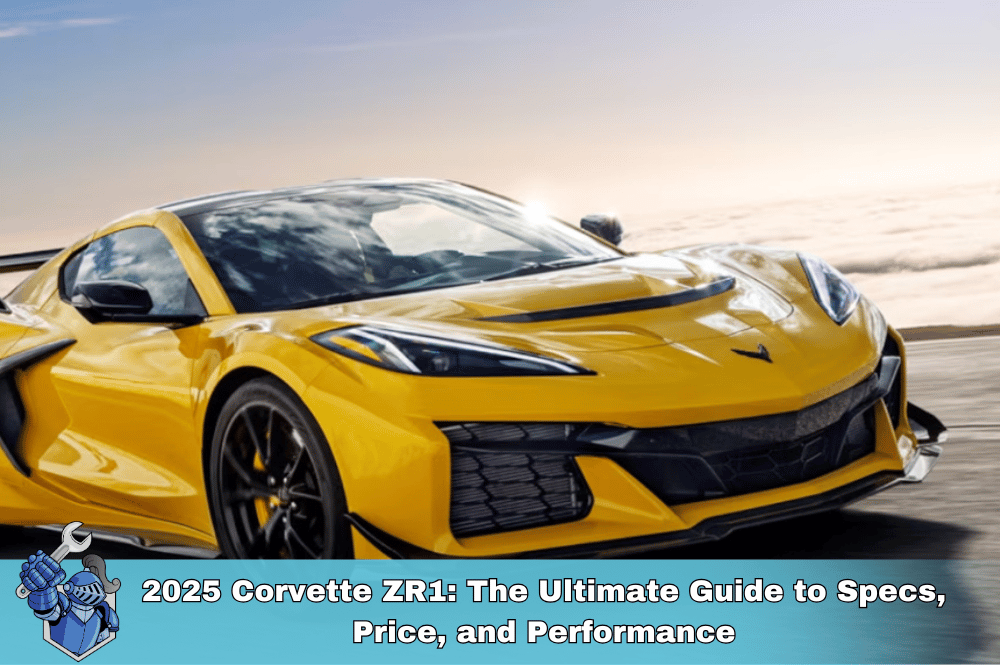 2025 Corvette ZR1: The Ultimate Guide to Specs, Price, and Performance
2025 Corvette ZR1: The Ultimate Guide to Specs, Price, and Performance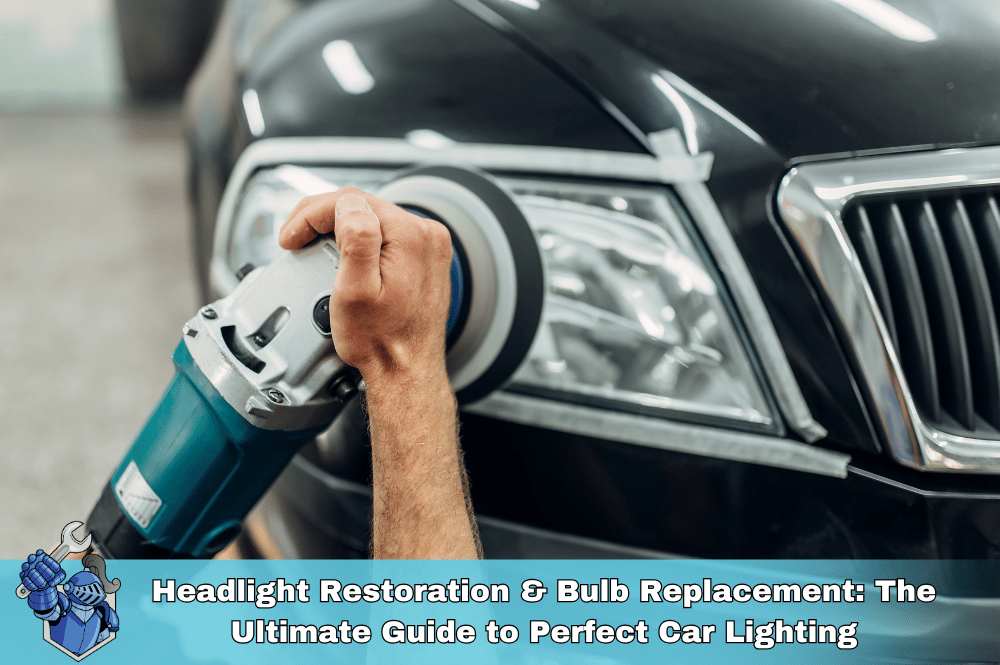 Headlight Restoration & Bulb Replacement: The Ultimate Guide to Perfect Car Lighting
Headlight Restoration & Bulb Replacement: The Ultimate Guide to Perfect Car Lighting Does Driving for Uber/Lyft/DoorDash Void Your Car’s Warranty? & How to Get Covered
Does Driving for Uber/Lyft/DoorDash Void Your Car’s Warranty? & How to Get Covered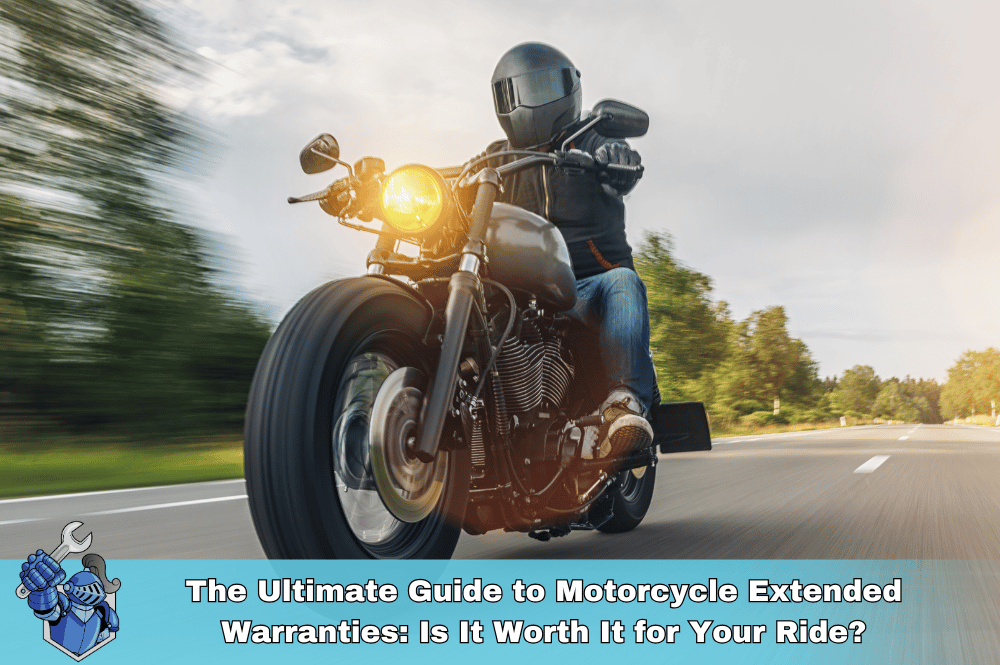 The Ultimate Guide to Motorcycle Extended Warranties: Is It Worth It for Your Ride?
The Ultimate Guide to Motorcycle Extended Warranties: Is It Worth It for Your Ride?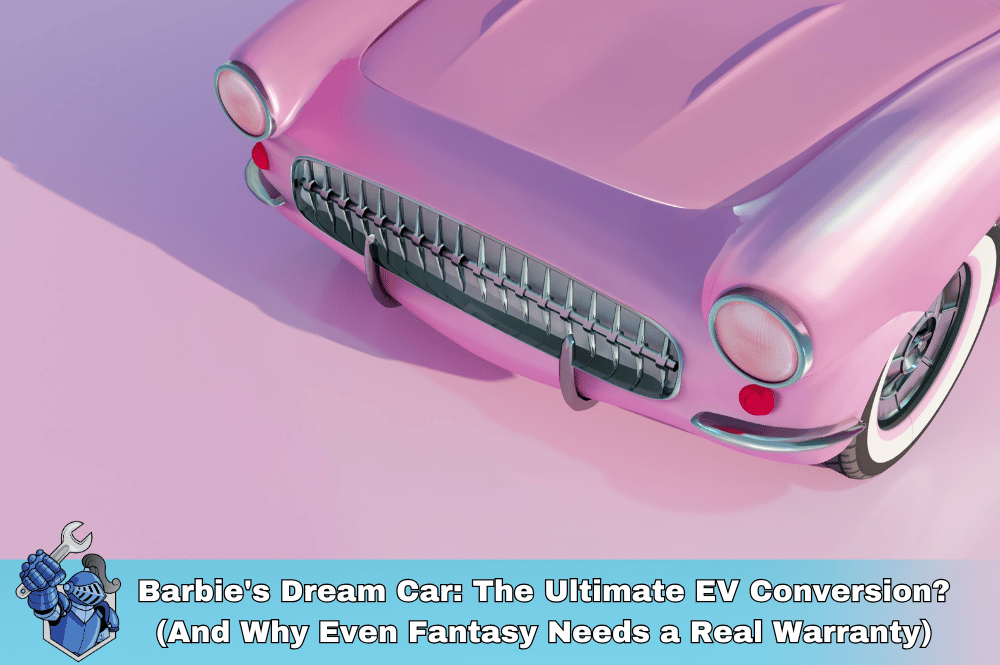 Barbie's Dream Car: The Ultimate EV Conversion? (And Why Even Fantasy Needs a Real Warranty)
Barbie's Dream Car: The Ultimate EV Conversion? (And Why Even Fantasy Needs a Real Warranty)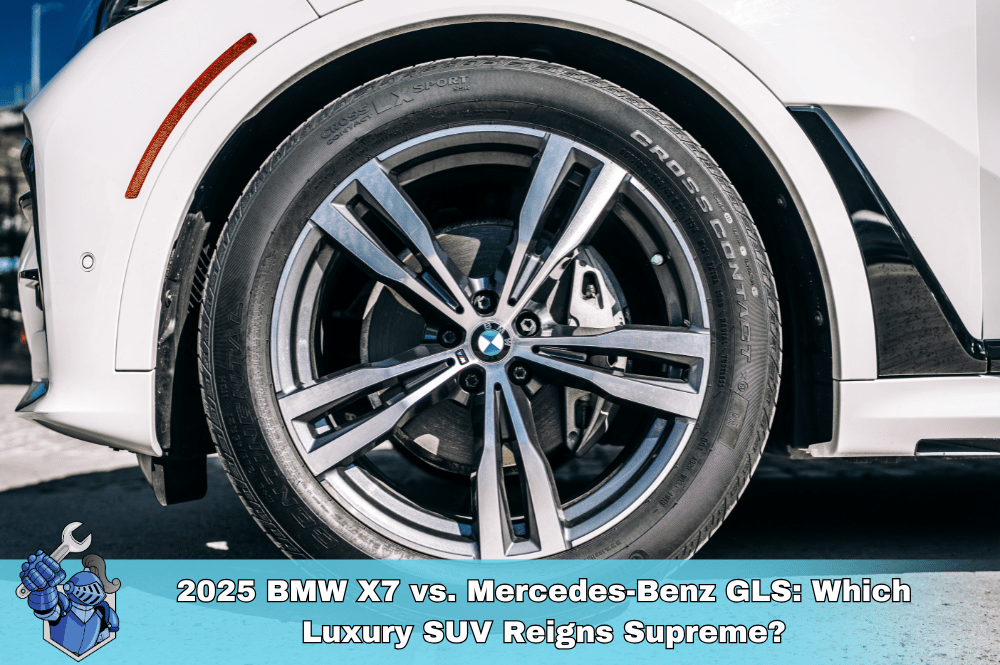 2025 BMW X7 vs. Mercedes-Benz GLS: Which Luxury SUV Reigns Supreme?
2025 BMW X7 vs. Mercedes-Benz GLS: Which Luxury SUV Reigns Supreme?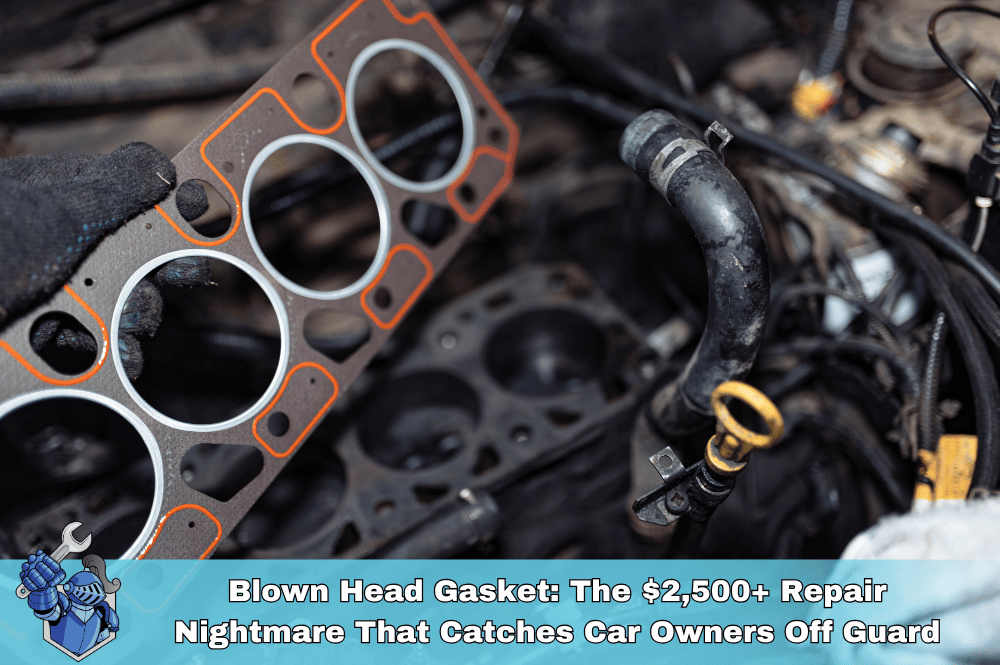 Blown Head Gasket: The $2,500+ Repair Nightmare That Catches Car Owners Off Guard – Learn How to Prepare
Blown Head Gasket: The $2,500+ Repair Nightmare That Catches Car Owners Off Guard – Learn How to Prepare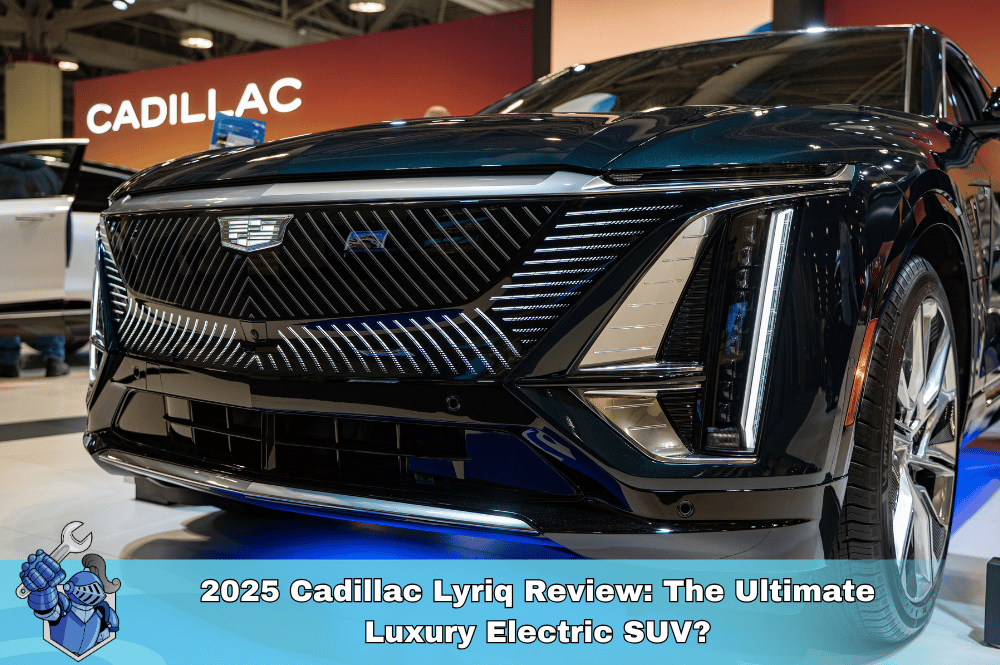 2025 Cadillac Lyriq Review: The Ultimate Luxury Electric SUV?
2025 Cadillac Lyriq Review: The Ultimate Luxury Electric SUV?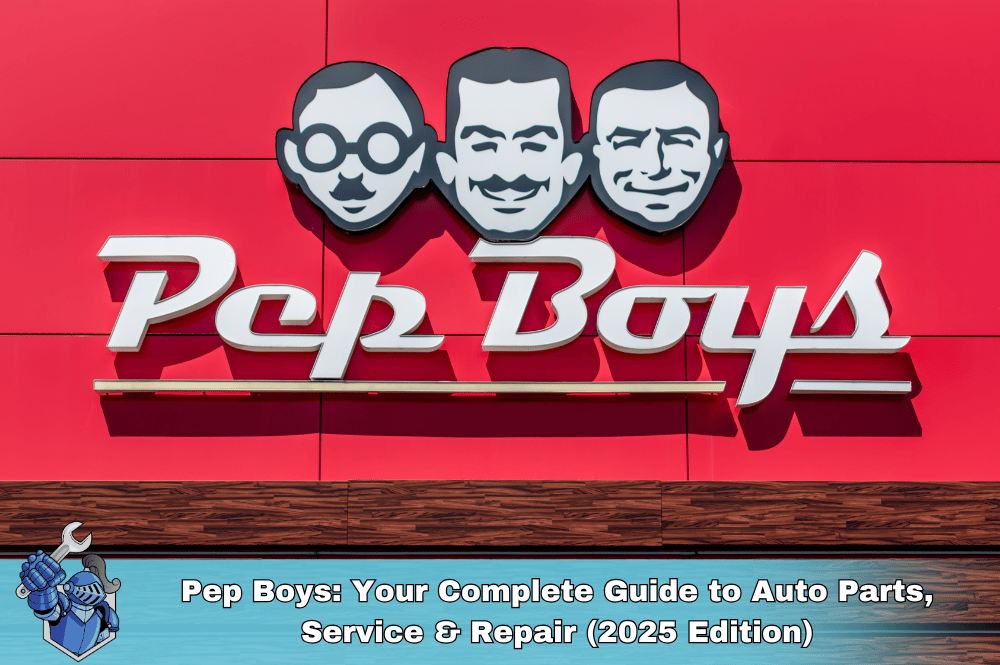 Pep Boys: Your Complete Guide to Auto Parts, Service & Repair (2025 Edition)
Pep Boys: Your Complete Guide to Auto Parts, Service & Repair (2025 Edition) Drive Smarter: Unlock Vehicle Protection with 0% APR Service Contract Payments
Drive Smarter: Unlock Vehicle Protection with 0% APR Service Contract Payments New Jersey Car Insurance Laws 2025–2026: Your Essential Guide to What’s Changed & What’s Next
New Jersey Car Insurance Laws 2025–2026: Your Essential Guide to What’s Changed & What’s Next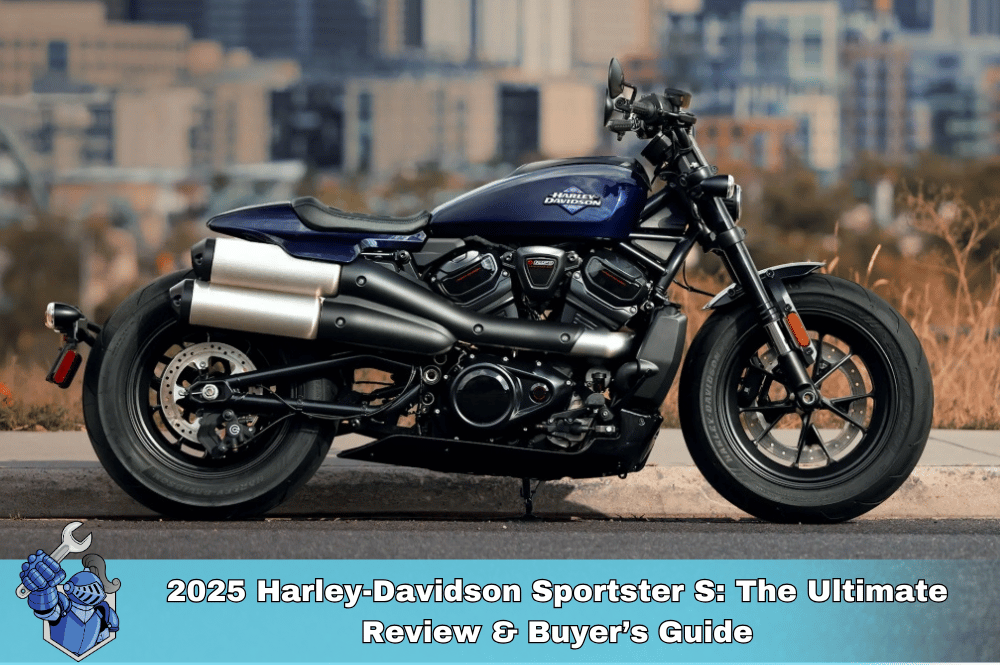 2025 Harley-Davidson Sportster S: The Ultimate Review & Buyer’s Guide
2025 Harley-Davidson Sportster S: The Ultimate Review & Buyer’s Guide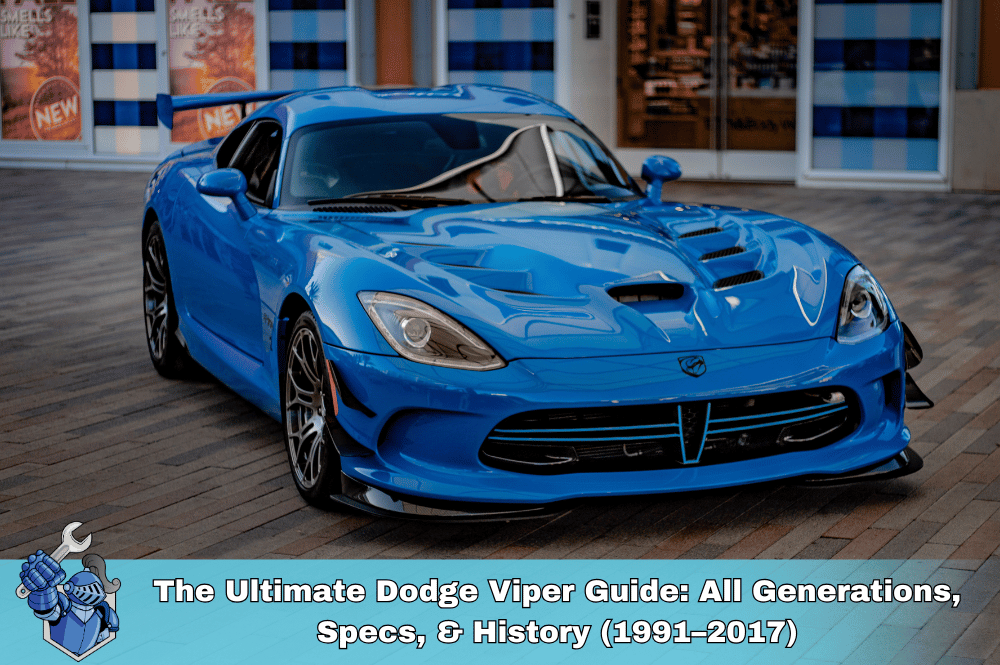 The Ultimate Dodge Viper Guide: All Generations, Specs, & History (1991–2017)
The Ultimate Dodge Viper Guide: All Generations, Specs, & History (1991–2017) Meineke Oil Change: Everything You Need to Know (Prices, Packages, and Why It Matters)
Meineke Oil Change: Everything You Need to Know (Prices, Packages, and Why It Matters)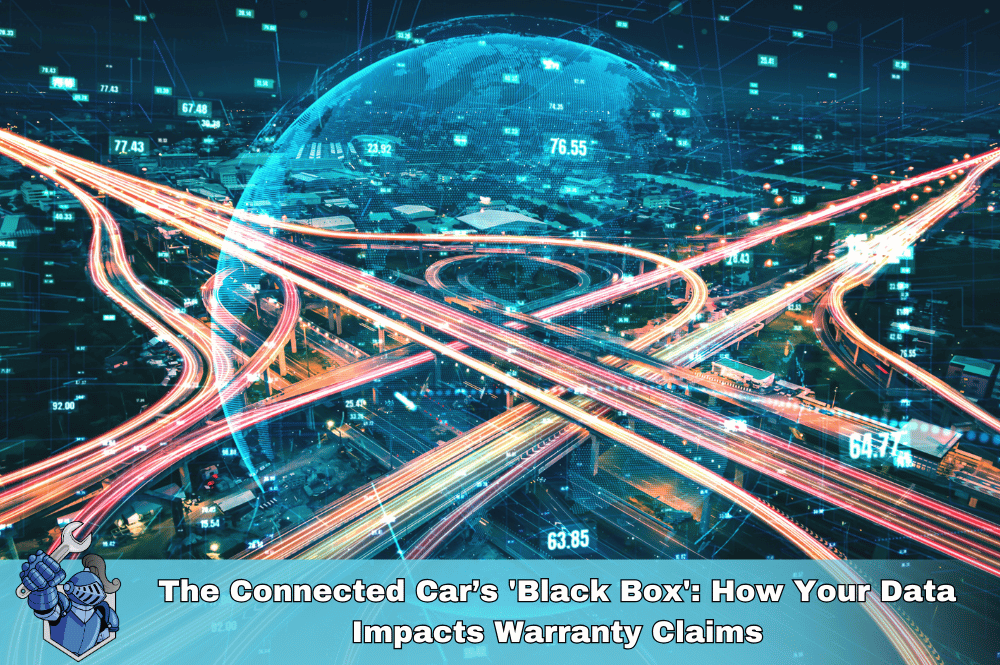 The Connected Car’s 'Black Box': How Your Data Impacts Warranty Claims
The Connected Car’s 'Black Box': How Your Data Impacts Warranty Claims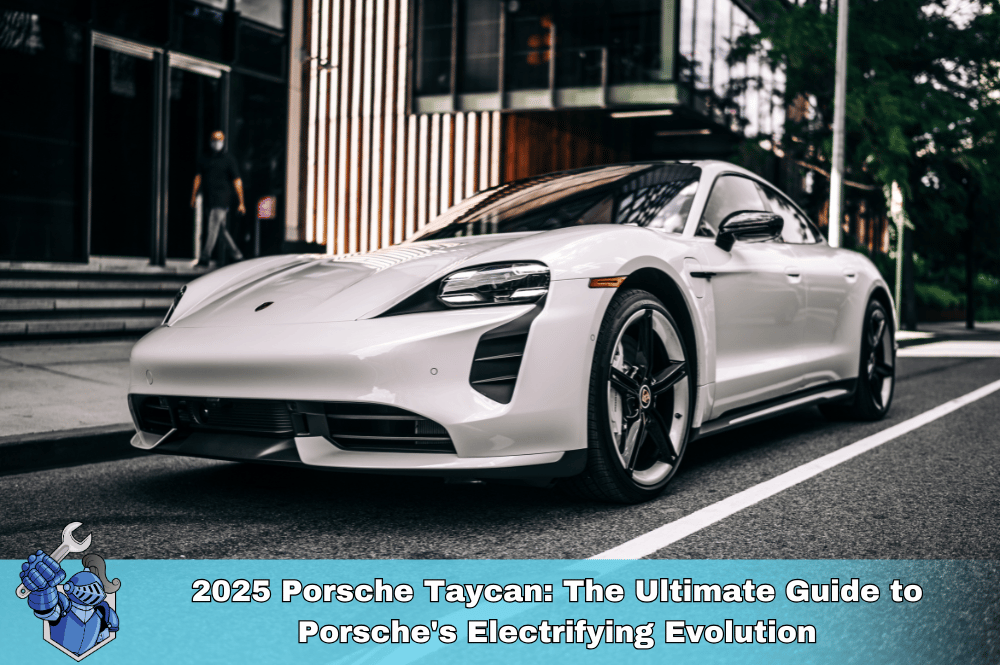 2025 Porsche Taycan: The Ultimate Guide to Porsche's Electrifying Evolution
2025 Porsche Taycan: The Ultimate Guide to Porsche's Electrifying Evolution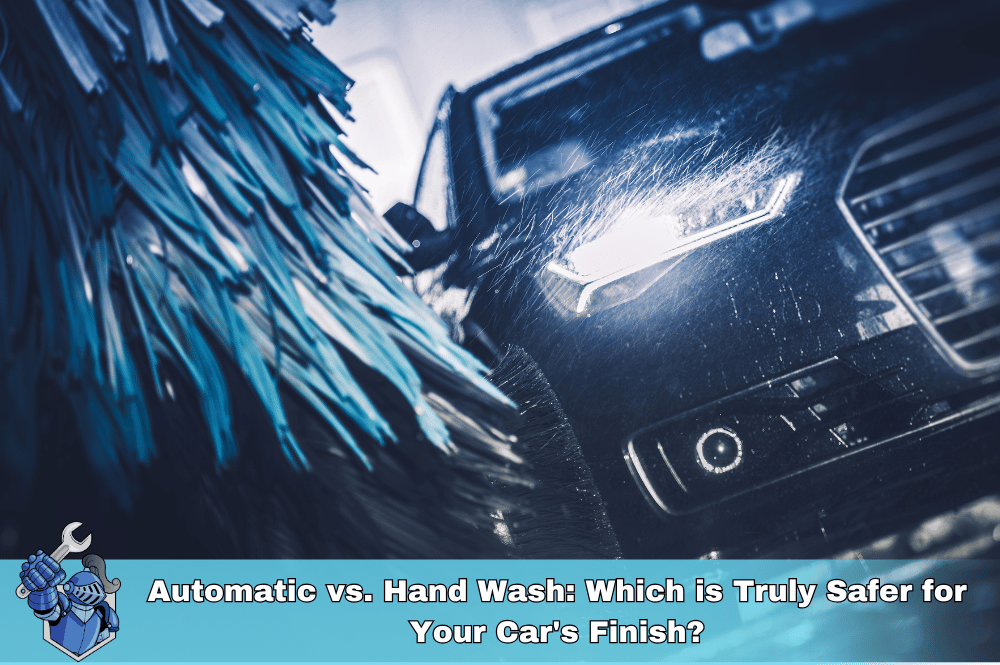 Automatic vs. Hand Wash: Which is Truly Safer for Your Car's Finish?
Automatic vs. Hand Wash: Which is Truly Safer for Your Car's Finish?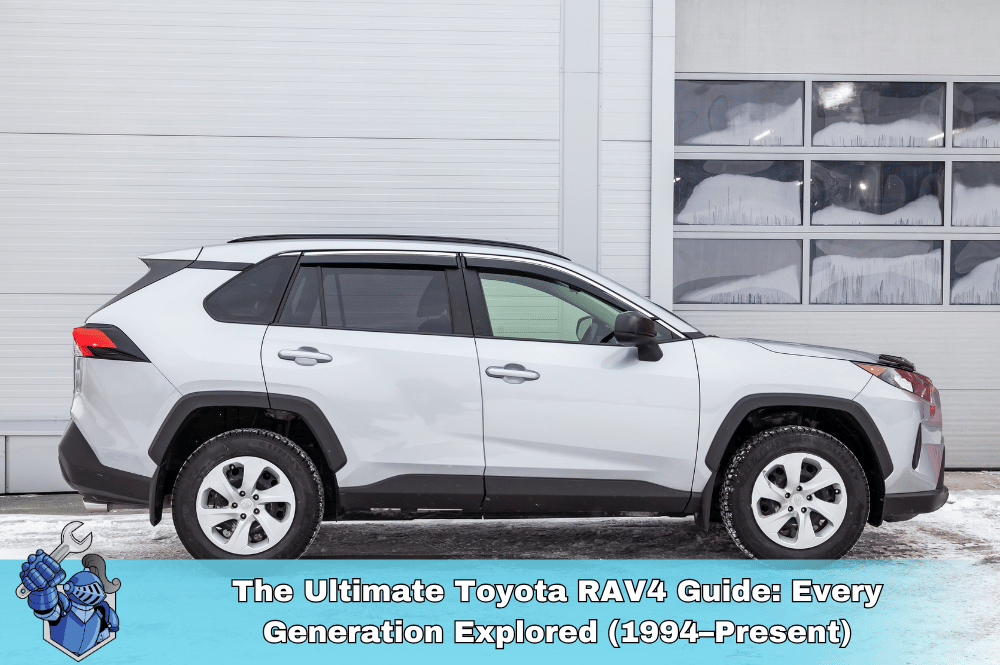 The Ultimate Toyota RAV4 Guide: Every Generation Explored (1994–Present)
The Ultimate Toyota RAV4 Guide: Every Generation Explored (1994–Present) Homeowners Insurance vs. Home Warranty: A Clear Breakdown for Every Homeowner
Homeowners Insurance vs. Home Warranty: A Clear Breakdown for Every Homeowner Erie Auto Insurance Review 2025: Rates, Discounts, & Why Drivers Choose It
Erie Auto Insurance Review 2025: Rates, Discounts, & Why Drivers Choose It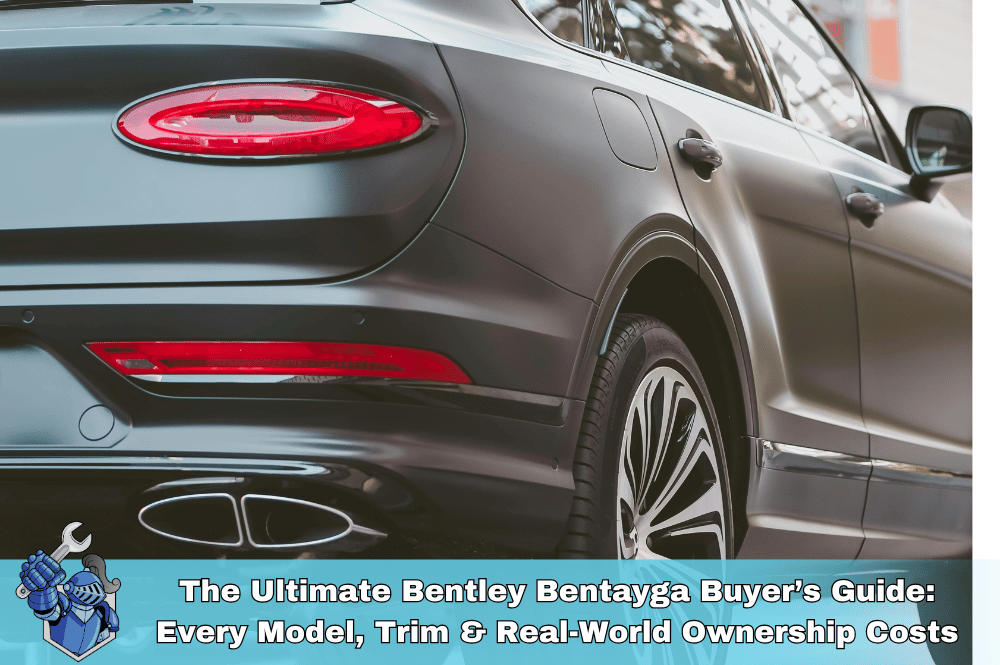 The Ultimate Bentley Bentayga Buyer’s Guide: Every Model, Trim & Real-World Ownership Costs
The Ultimate Bentley Bentayga Buyer’s Guide: Every Model, Trim & Real-World Ownership Costs Mazda6 Generations Explained: A Complete History & Buyer's Guide (All Models)
Mazda6 Generations Explained: A Complete History & Buyer's Guide (All Models) The Ultimate Lamborghini Urus Buyer's Guide: Every Generation, Model, & What You Need to Know Before Owning
The Ultimate Lamborghini Urus Buyer's Guide: Every Generation, Model, & What You Need to Know Before Owning The True Cost of Luxury Car Repair: Are You Paying Too Much Without a Vehicle Service Contract?
The True Cost of Luxury Car Repair: Are You Paying Too Much Without a Vehicle Service Contract?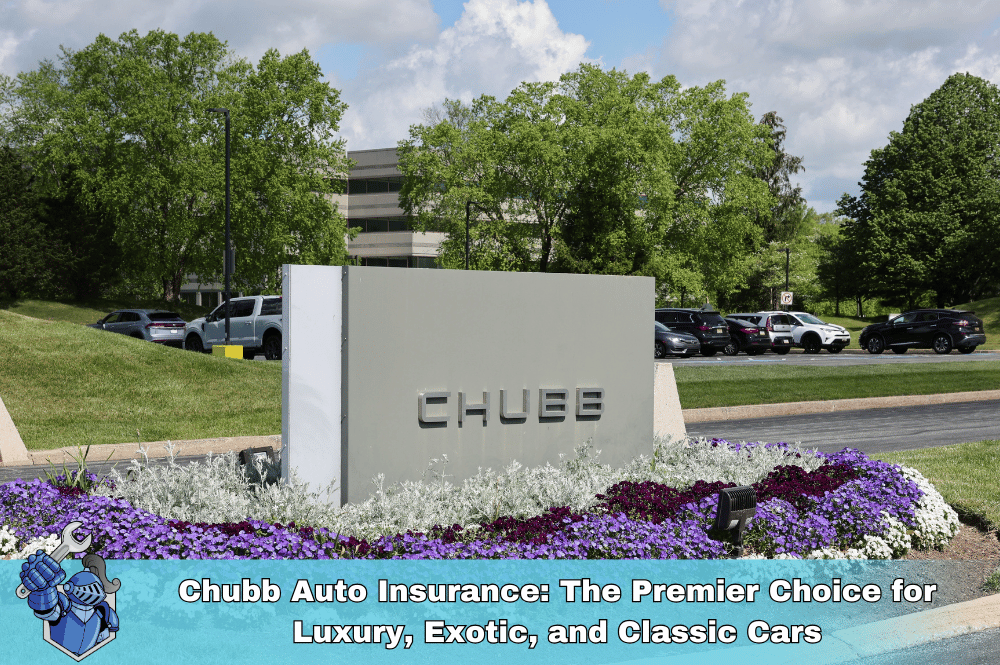 Chubb Auto Insurance: The Premier Choice for Luxury, Exotic, and Classic Cars
Chubb Auto Insurance: The Premier Choice for Luxury, Exotic, and Classic Cars Full Tort vs. Limited Tort in Pennsylvania: Which is Right for You? (A Driver's Definitive Guide)
Full Tort vs. Limited Tort in Pennsylvania: Which is Right for You? (A Driver's Definitive Guide)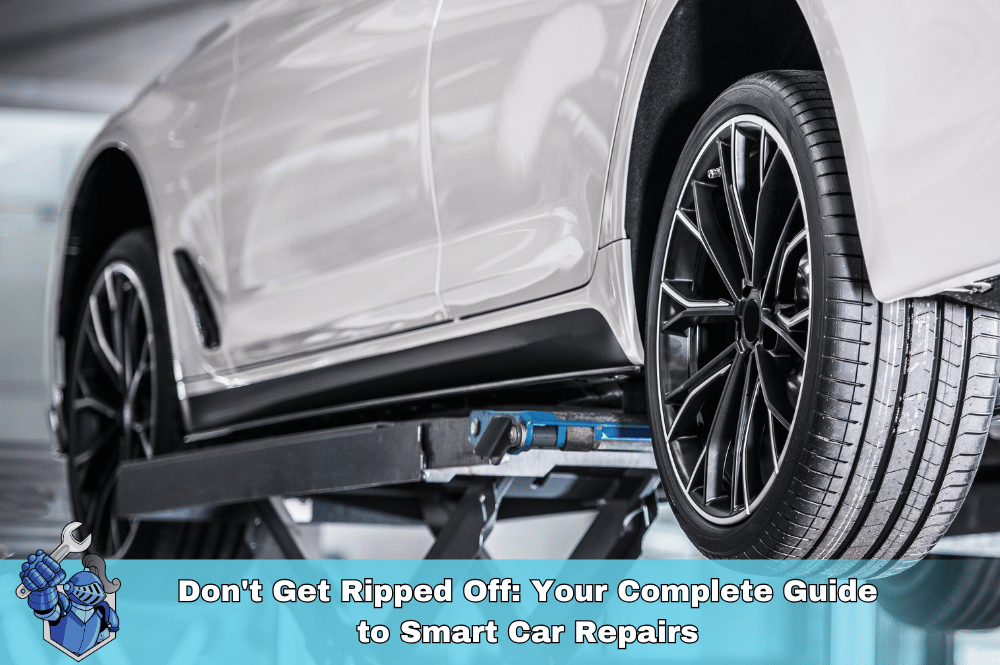 Don't Get Ripped Off: Your Complete Guide to Smart Car Repairs
Don't Get Ripped Off: Your Complete Guide to Smart Car Repairs Cash vs. Car Loan: Which is Right for Your Next Vehicle Purchase?
Cash vs. Car Loan: Which is Right for Your Next Vehicle Purchase?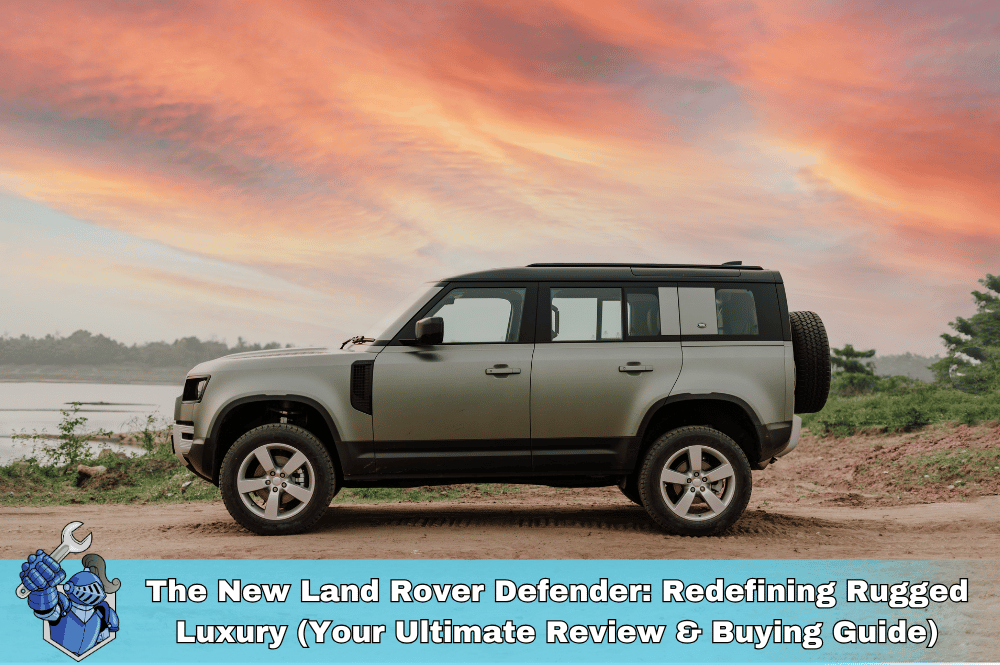 The New Land Rover Defender: Redefining Rugged Luxury (Your Ultimate Review & Buying Guide)
The New Land Rover Defender: Redefining Rugged Luxury (Your Ultimate Review & Buying Guide)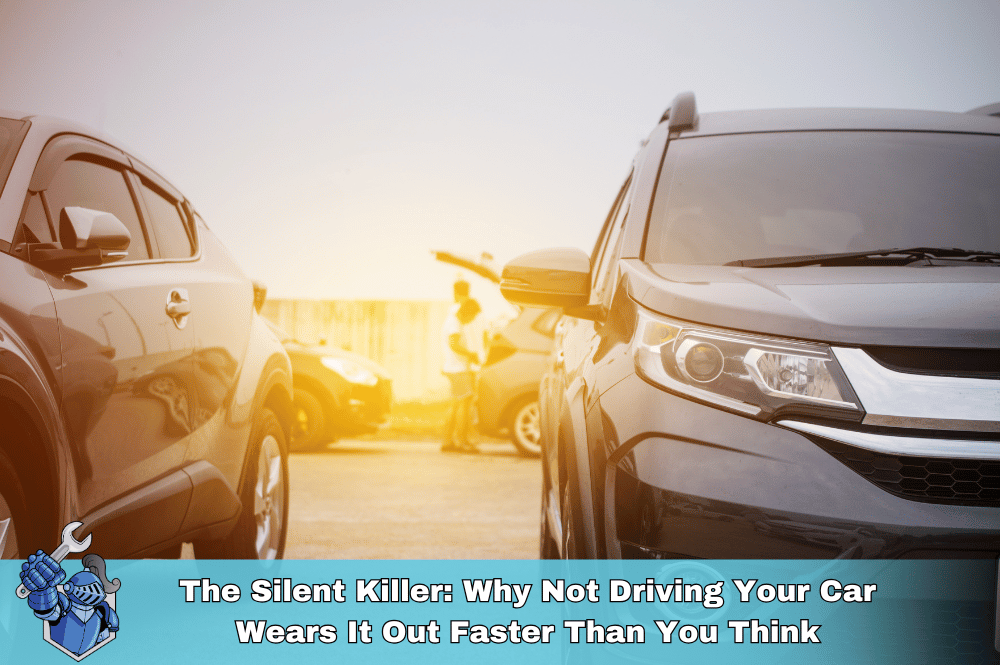 The Silent Killer: Why Not Driving Your Car Wears It Out Faster Than You Think
The Silent Killer: Why Not Driving Your Car Wears It Out Faster Than You Think Beyond the Basics: Unpacking AIG's Elite Auto Insurance for High-Net-Worth Drivers
Beyond the Basics: Unpacking AIG's Elite Auto Insurance for High-Net-Worth Drivers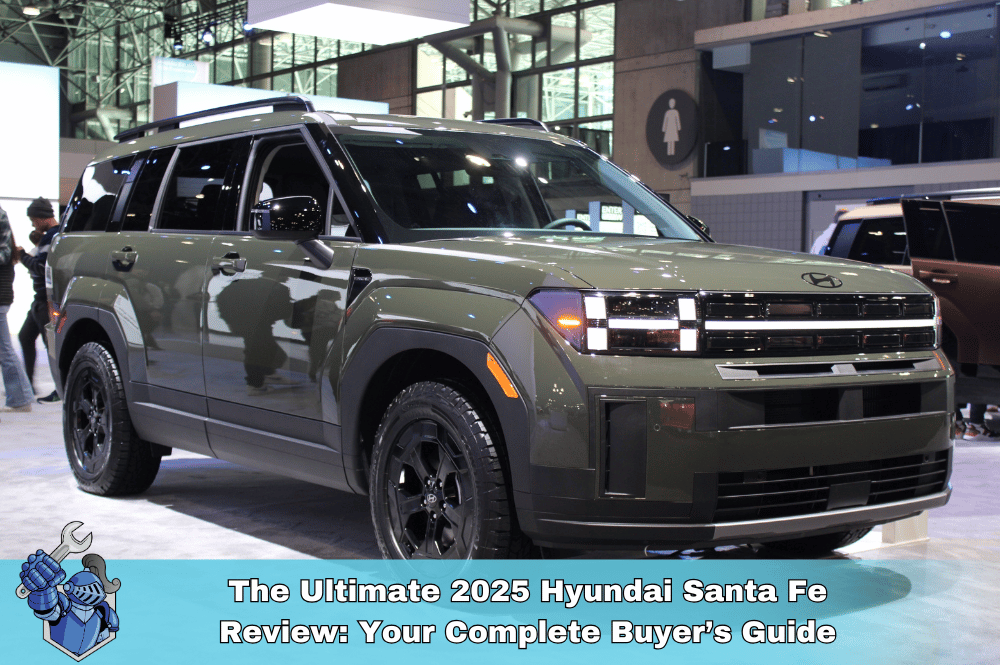 The Ultimate 2025 Hyundai Santa Fe Review: Your Complete Buyer’s Guide
The Ultimate 2025 Hyundai Santa Fe Review: Your Complete Buyer’s Guide The Repair Shop Rejection Reflex: Why Customers Say No to Essential Car Fixes
The Repair Shop Rejection Reflex: Why Customers Say No to Essential Car Fixes Amica Auto Insurance Review 2025: Unpacking Value, Dividends, and Why It Consistently Ranks #1 for Service
Amica Auto Insurance Review 2025: Unpacking Value, Dividends, and Why It Consistently Ranks #1 for Service Rolls-Royce Cullinan Review: Is This the World's Ultimate Luxury SUV?
Rolls-Royce Cullinan Review: Is This the World's Ultimate Luxury SUV? Get Your Price Instantly: The Smart Way to Buy & Manage Your Car's Extended Warranty Online with NobleQuote
Get Your Price Instantly: The Smart Way to Buy & Manage Your Car's Extended Warranty Online with NobleQuote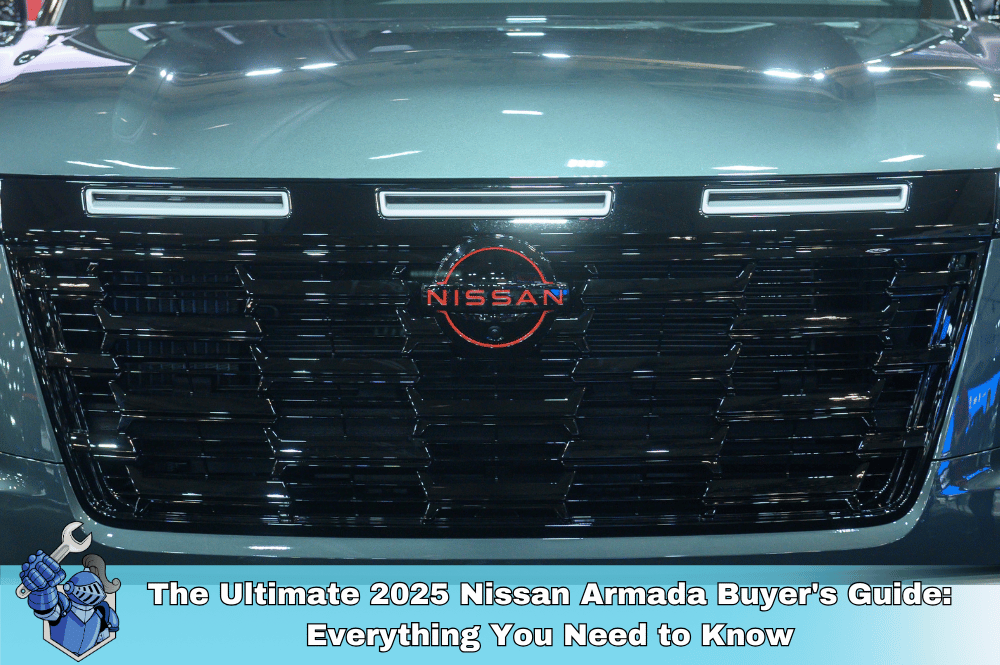 The Ultimate 2025 Nissan Armada Buyer's Guide: Everything You Need to Know
The Ultimate 2025 Nissan Armada Buyer's Guide: Everything You Need to Know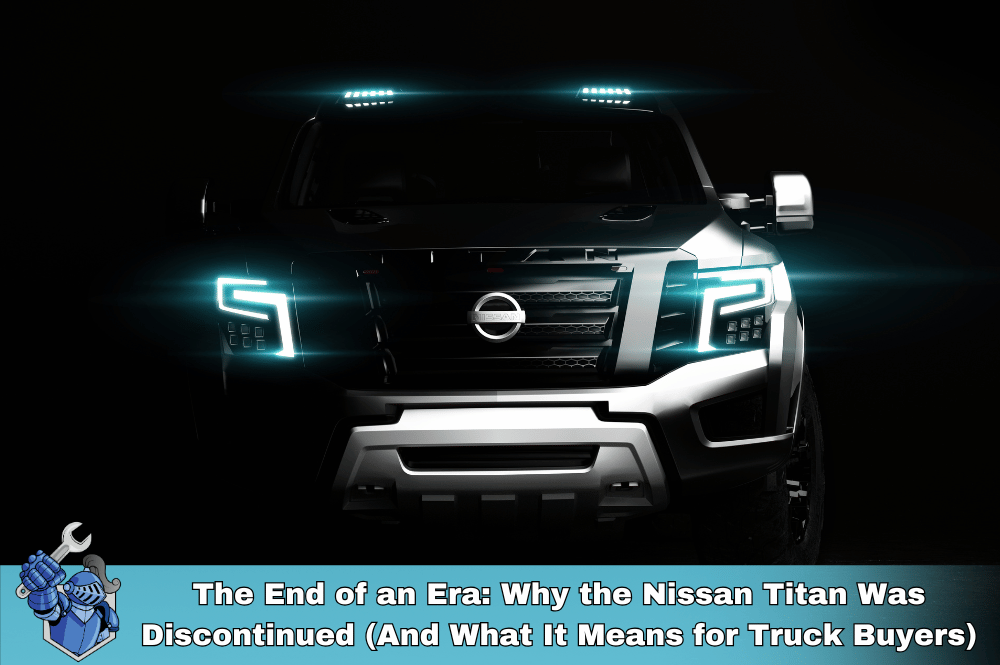 The End of an Era: Why the Nissan Titan Was Discontinued (And What It Means for Truck Buyers)
The End of an Era: Why the Nissan Titan Was Discontinued (And What It Means for Truck Buyers) Rideshare Safety Unlocked: The Ultimate Guide to Secure Uber & Lyft Rides
Rideshare Safety Unlocked: The Ultimate Guide to Secure Uber & Lyft Rides The Ultimate Guide to Home Warranty Plumbing Coverage: What's Covered, What's Not, and Why It Matters
The Ultimate Guide to Home Warranty Plumbing Coverage: What's Covered, What's Not, and Why It Matters Drive: The Ryan Gosling Movie That Defined a Generation of Car Culture
Drive: The Ryan Gosling Movie That Defined a Generation of Car Culture CAN Bus Explained: How Your Car's Digital Network Connects Everything (and Why It Matters)
CAN Bus Explained: How Your Car's Digital Network Connects Everything (and Why It Matters)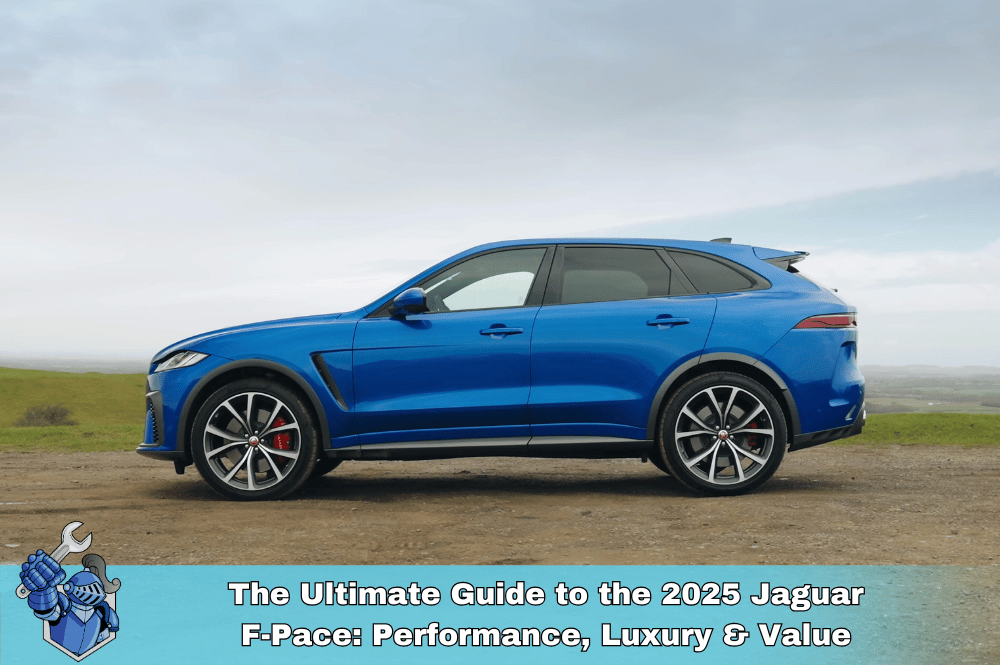 The Ultimate Guide to the 2025 Jaguar F-Pace: Performance, Luxury & Value
The Ultimate Guide to the 2025 Jaguar F-Pace: Performance, Luxury & Value Confessions of a Car Salesperson: What They Don’t Want You to Know (And How to Use It to Your Advantage)
Confessions of a Car Salesperson: What They Don’t Want You to Know (And How to Use It to Your Advantage)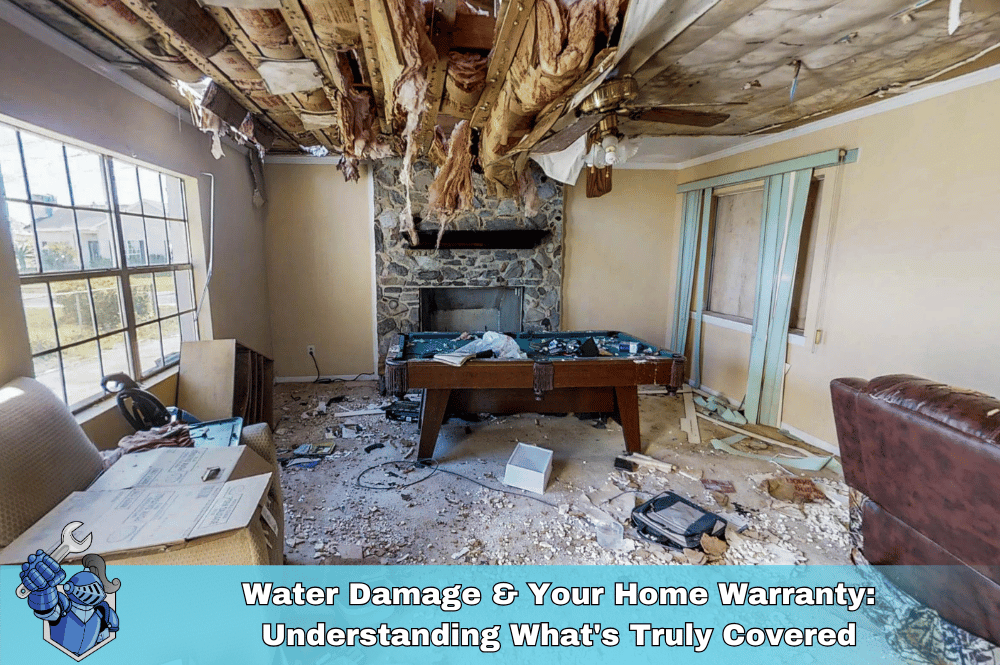 Water Damage & Your Home Warranty: Understanding What's Truly Covered (and What Isn't!)
Water Damage & Your Home Warranty: Understanding What's Truly Covered (and What Isn't!)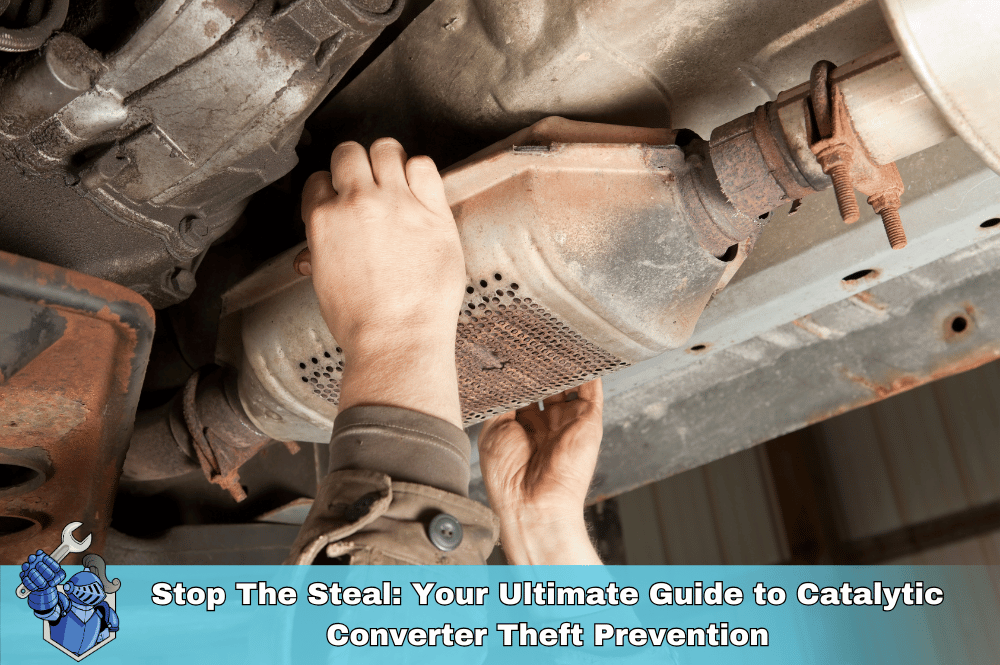 Stop The Steal: Your Ultimate Guide to Catalytic Converter Theft Prevention
Stop The Steal: Your Ultimate Guide to Catalytic Converter Theft Prevention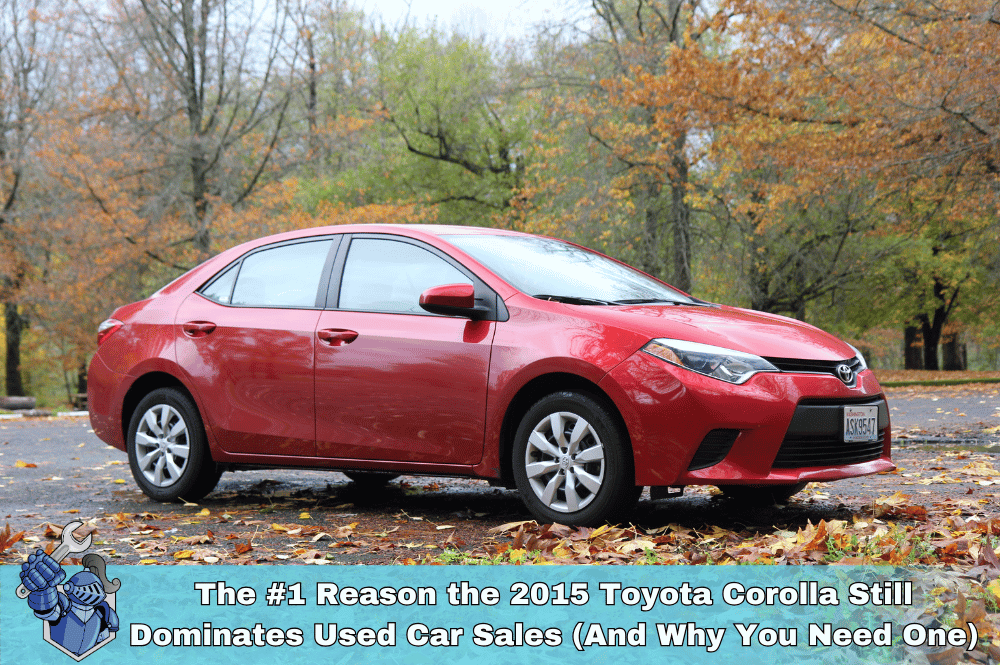 The #1 Reason the 2015 Toyota Corolla Still Dominates Used Car Sales (And Why You Need One)
The #1 Reason the 2015 Toyota Corolla Still Dominates Used Car Sales (And Why You Need One)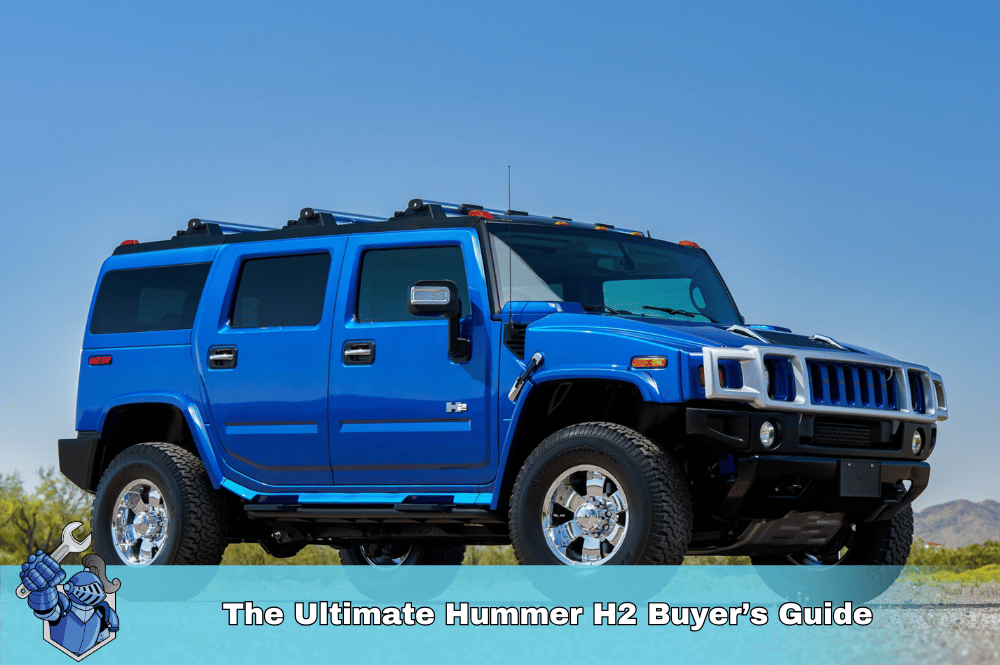 The Ultimate Hummer H2 Buyer’s Guide: Common Problems, Reliability, and What to Know Before You Buy
The Ultimate Hummer H2 Buyer’s Guide: Common Problems, Reliability, and What to Know Before You Buy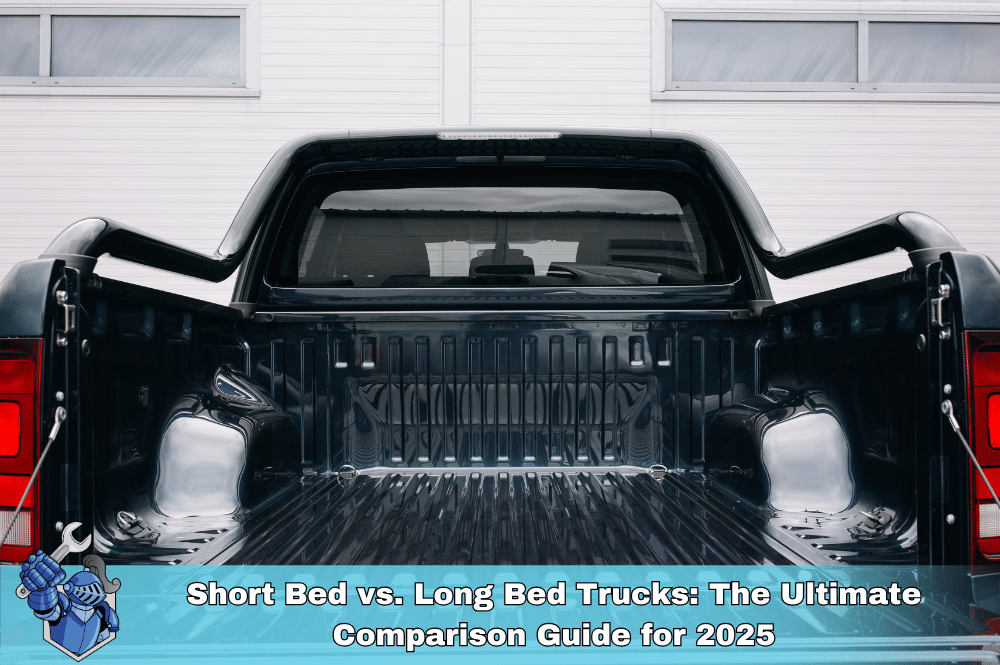 Short Bed vs. Long Bed Trucks: The Ultimate Comparison Guide for 2025
Short Bed vs. Long Bed Trucks: The Ultimate Comparison Guide for 2025 How to Pump Gas: A Complete Step-by-Step Guide for Every Driver
How to Pump Gas: A Complete Step-by-Step Guide for Every Driver The Ultimate Guide to Subprime Auto Financing: Your Path to Car Ownership
The Ultimate Guide to Subprime Auto Financing: Your Path to Car Ownership
